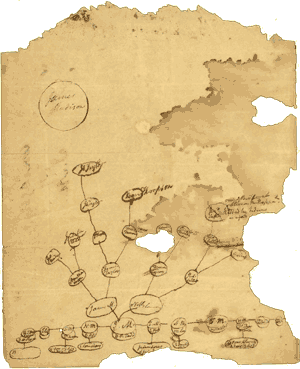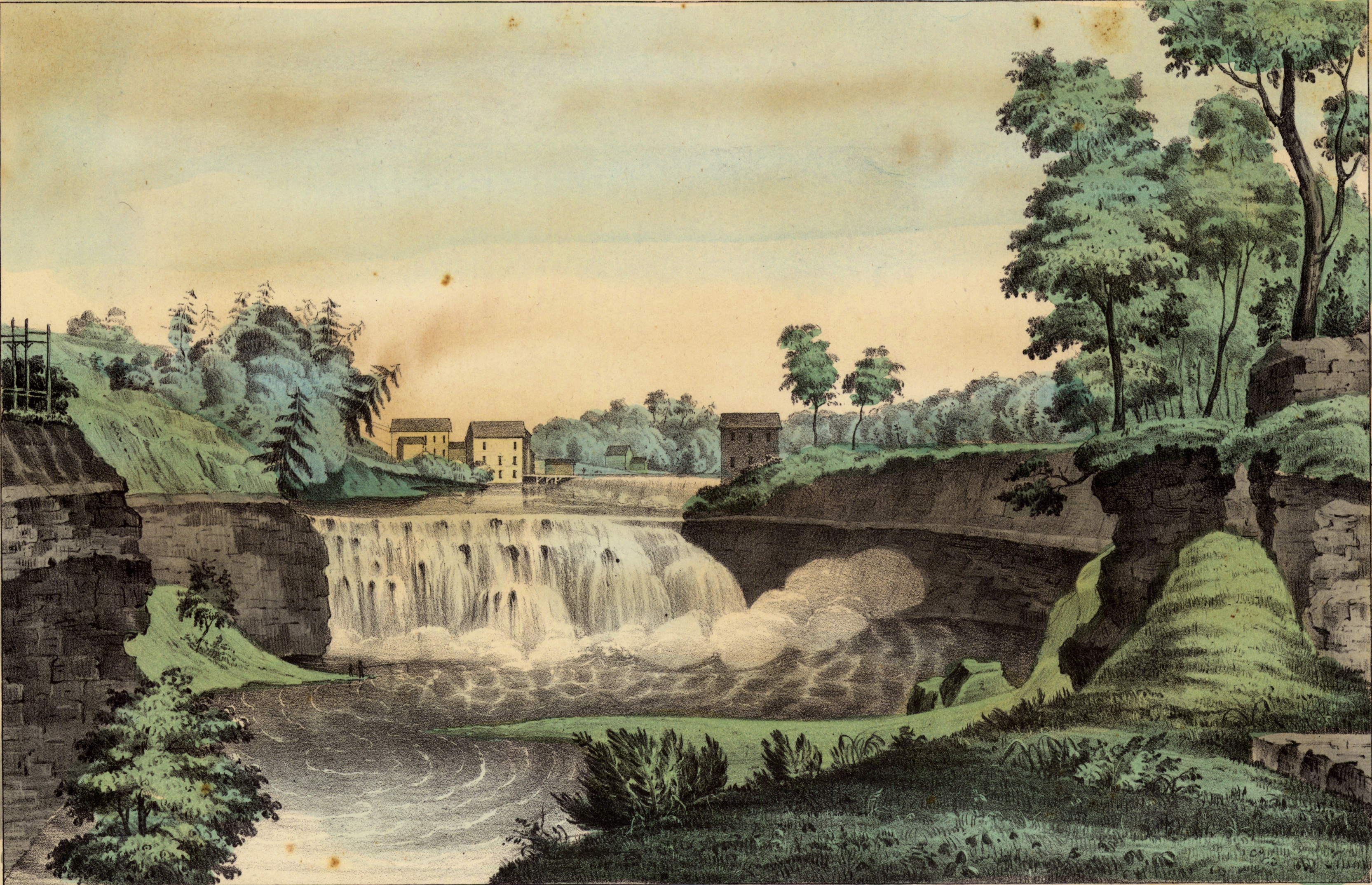
learn
![]()
Editor’s Note: News, Newspapers, and the Meaning of Revise and Resubmit
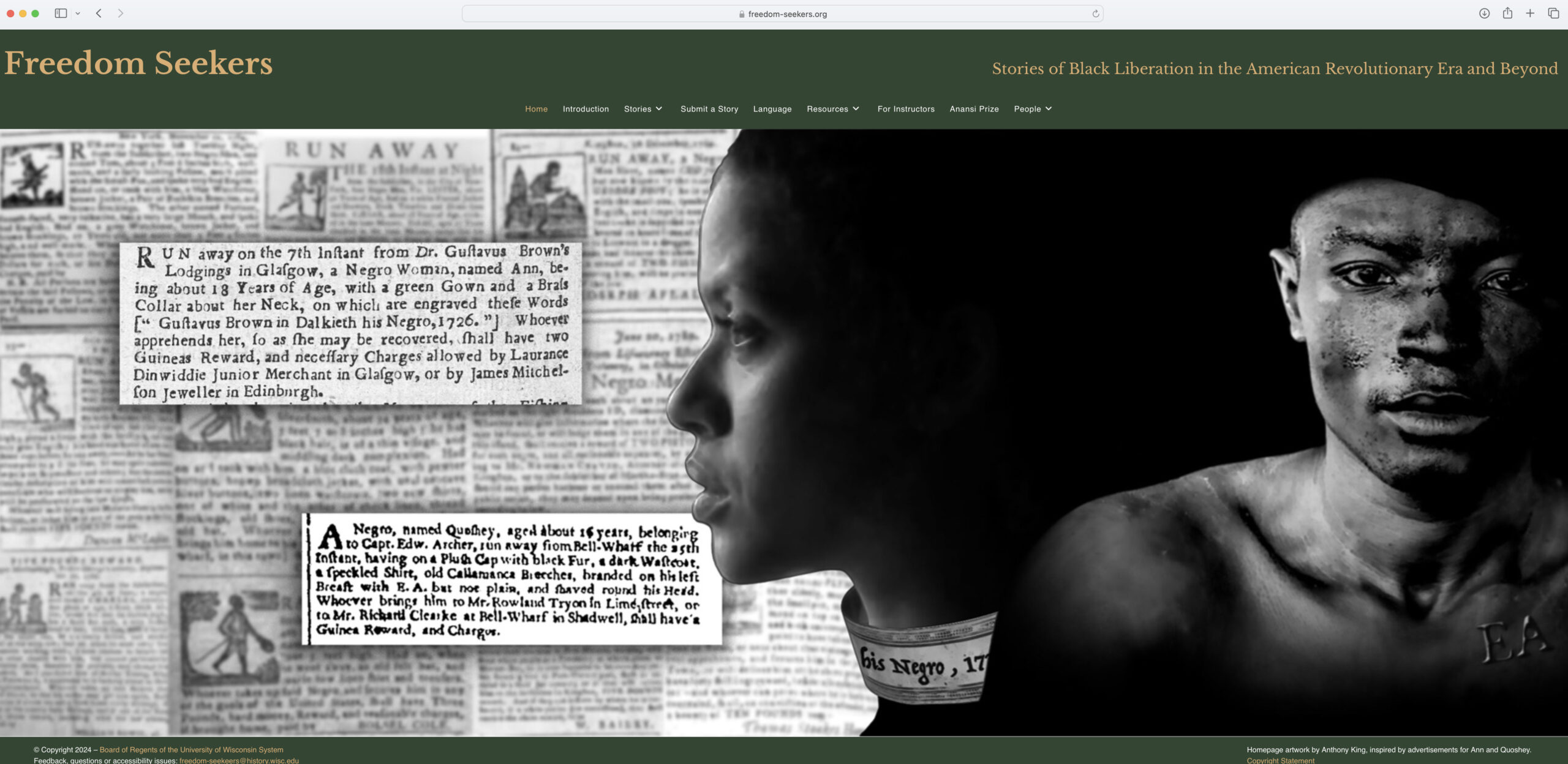
teach
![]()
Freedom Seekers: Stories of Black Liberation in the American Revolutionary Era and Beyond

learn
![]()
How Can Charles Brockden Brown Help Us Think about AI?
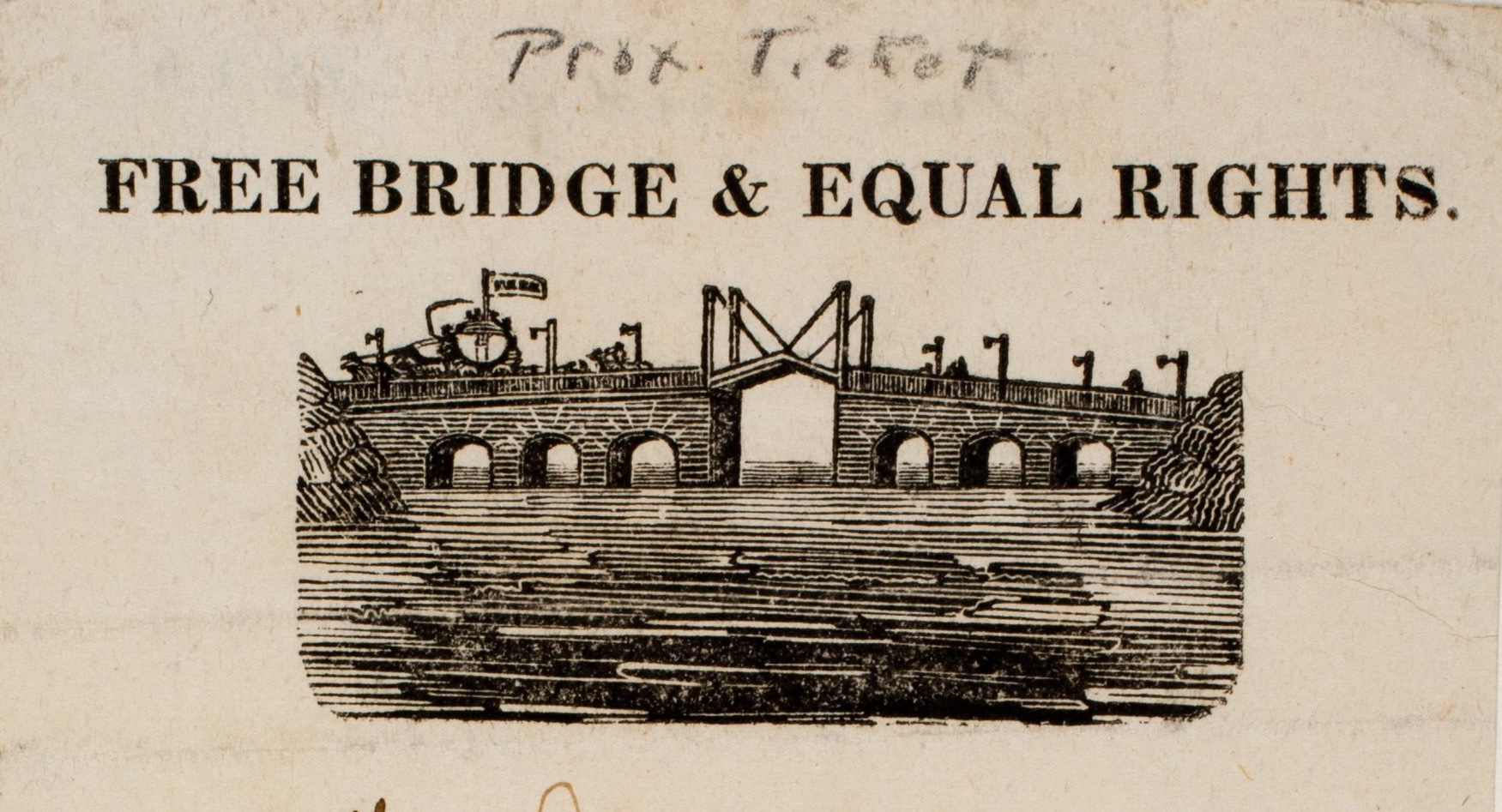
learn
![]()
Editor’s Note – Submission Going Down, Down, Dragging me Down*
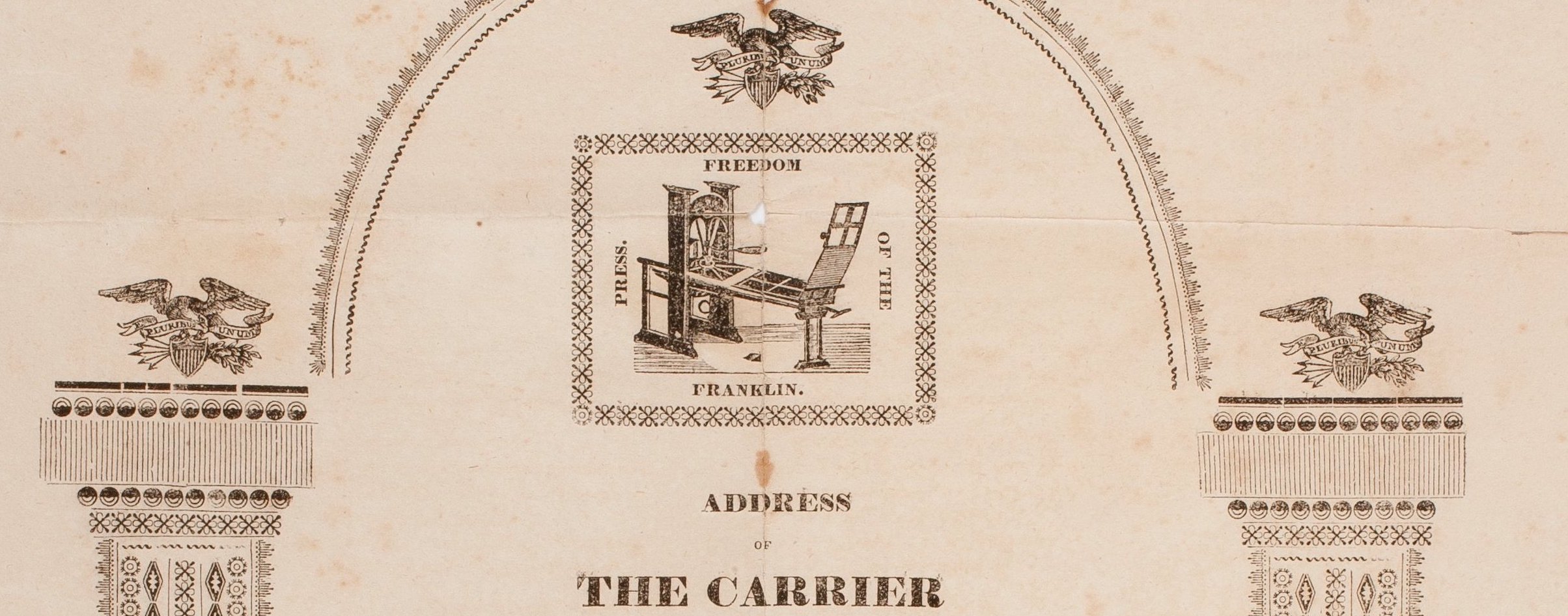
learn
![]()
Editor’s Note—Birds, Bots, and Elephants: Commonplace and Social Media
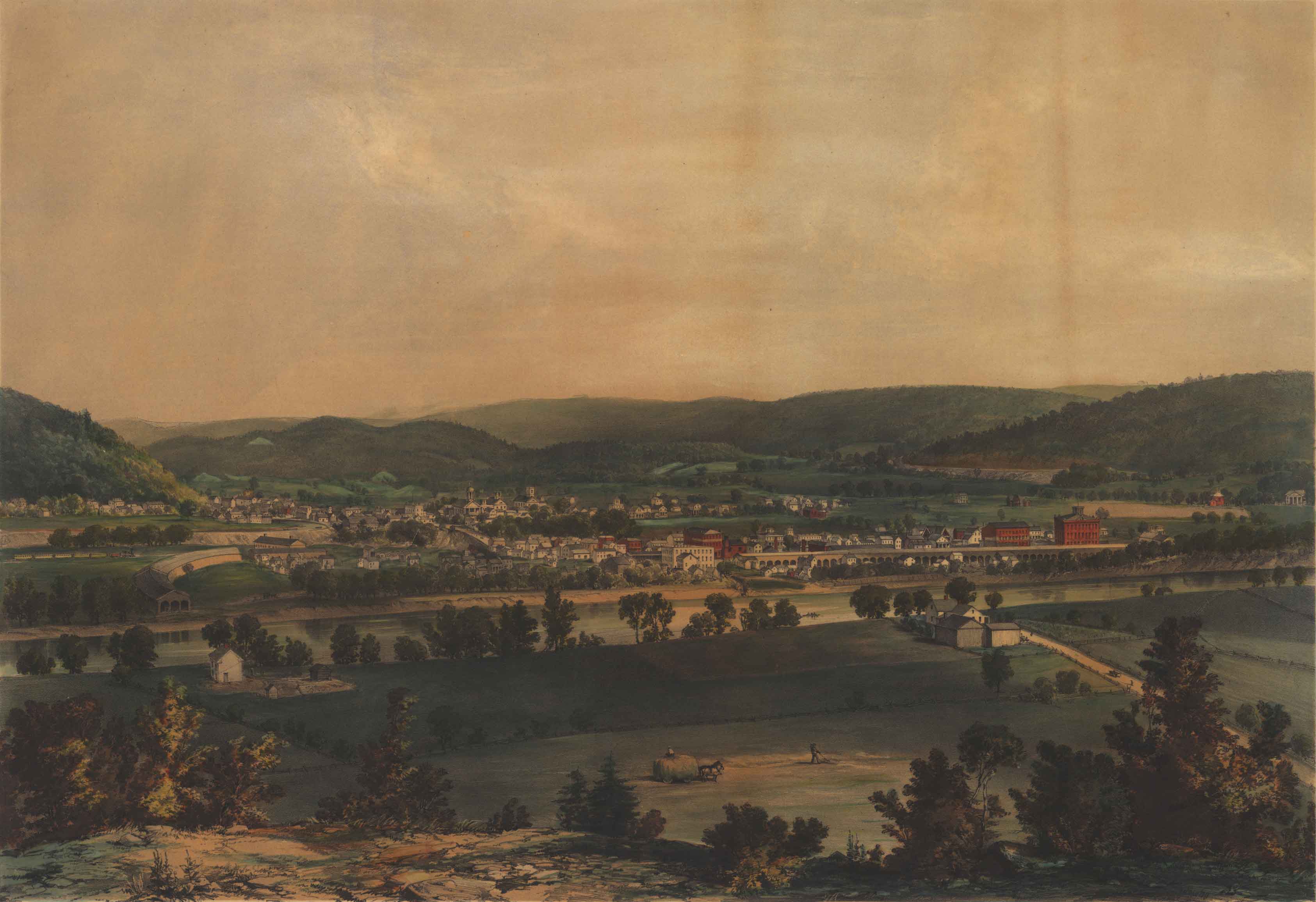
learn
![]()
Commonplace Call for Submissions
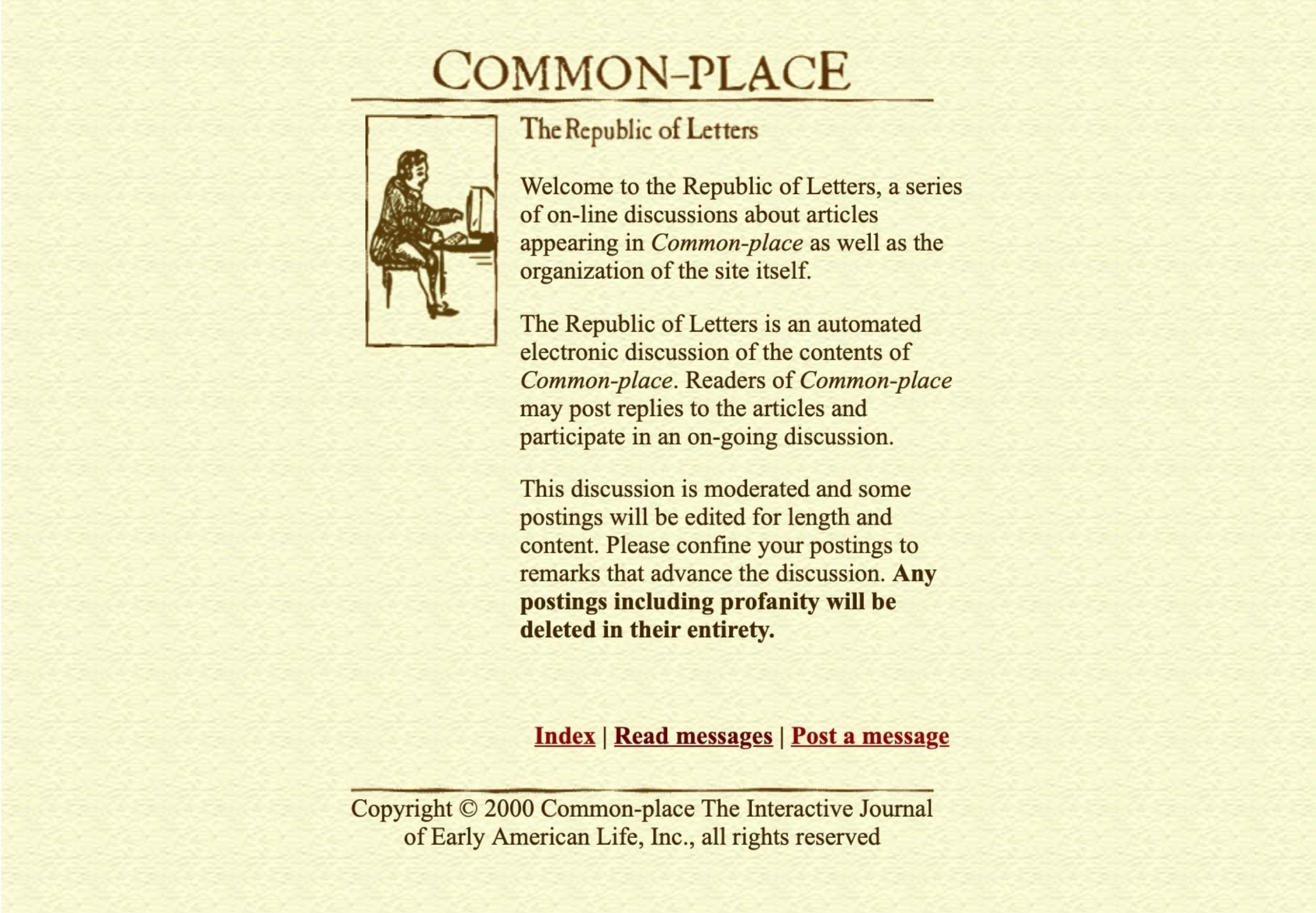
learn
![]()
Editor’s Note – Please Refresh Your Browser For A New Commonplace

objects
![]()
Blogging Moby-Dick: An artist illustrates every page of The Whale

teach
![]()
Ben Franklin’s World
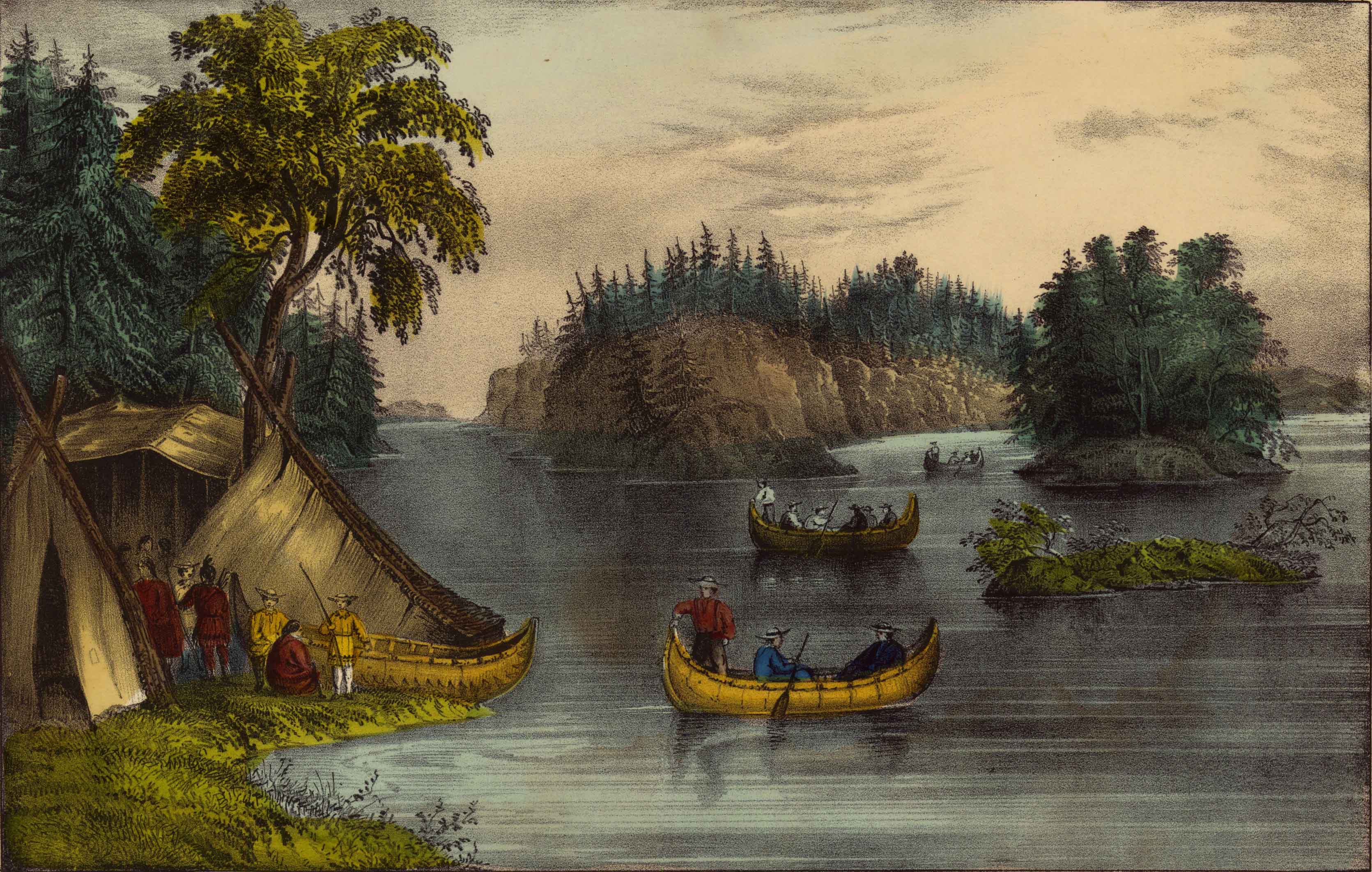
learn
![]()
Commonplace Call for Submissions and Applications

learn
![]()
Silence Dogood Rides Again: Blogging the frontiers of early American history
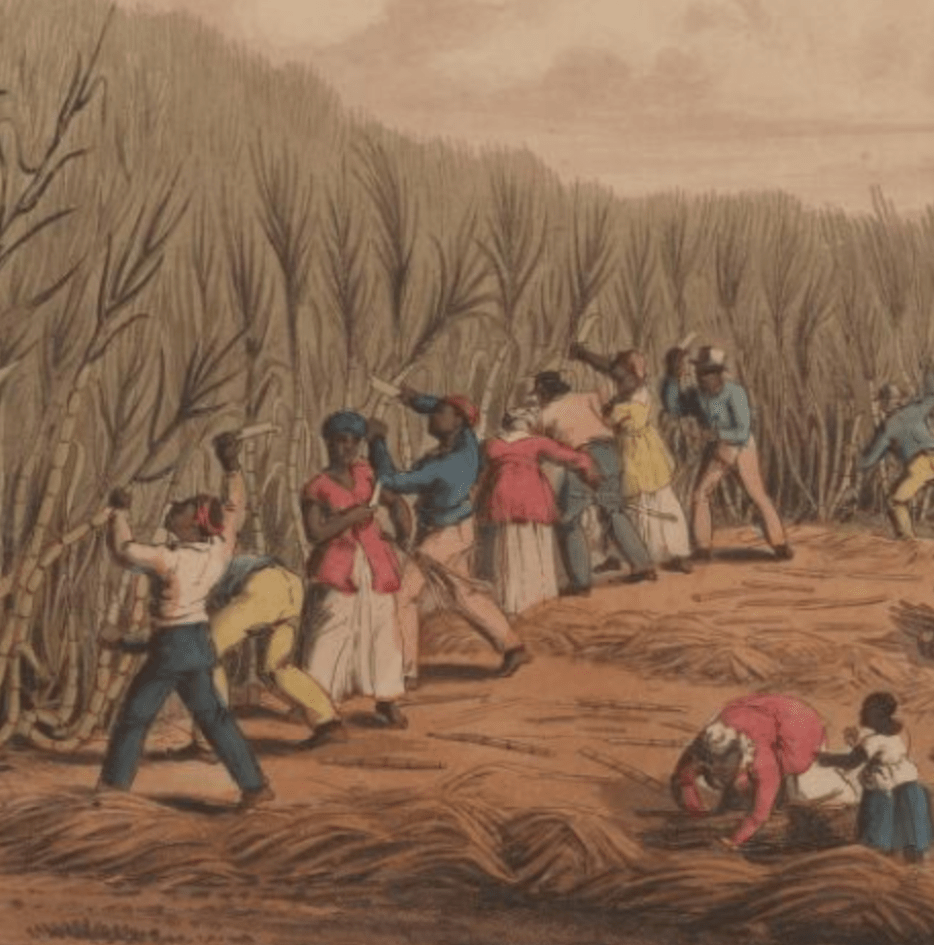
reviews
![]()
Graduate Training: Where Digital Scholarship and Early American Studies Meet
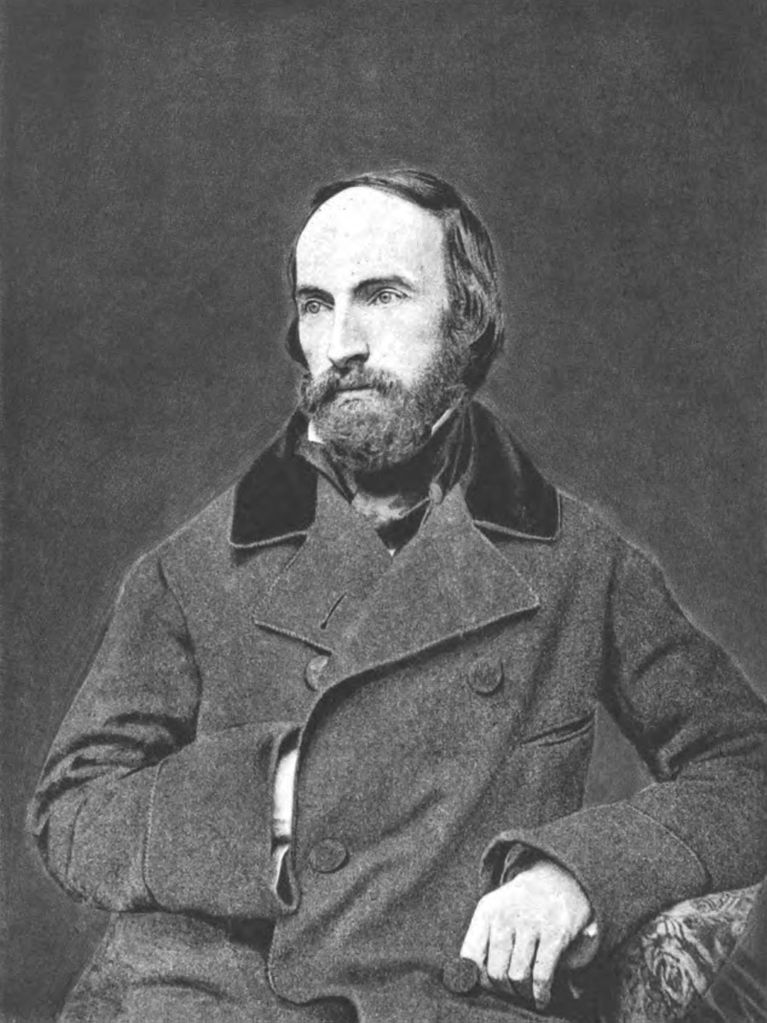
learn
![]()
Alive with the Sound of Music
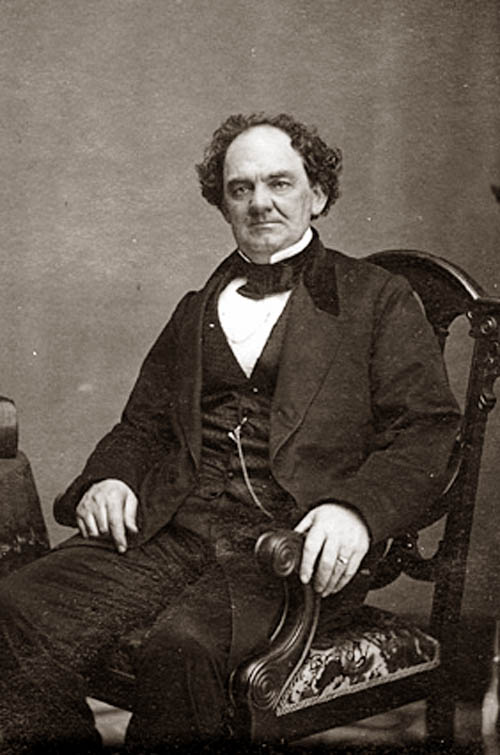
learn
![]()
Finding Barnum on the Internet
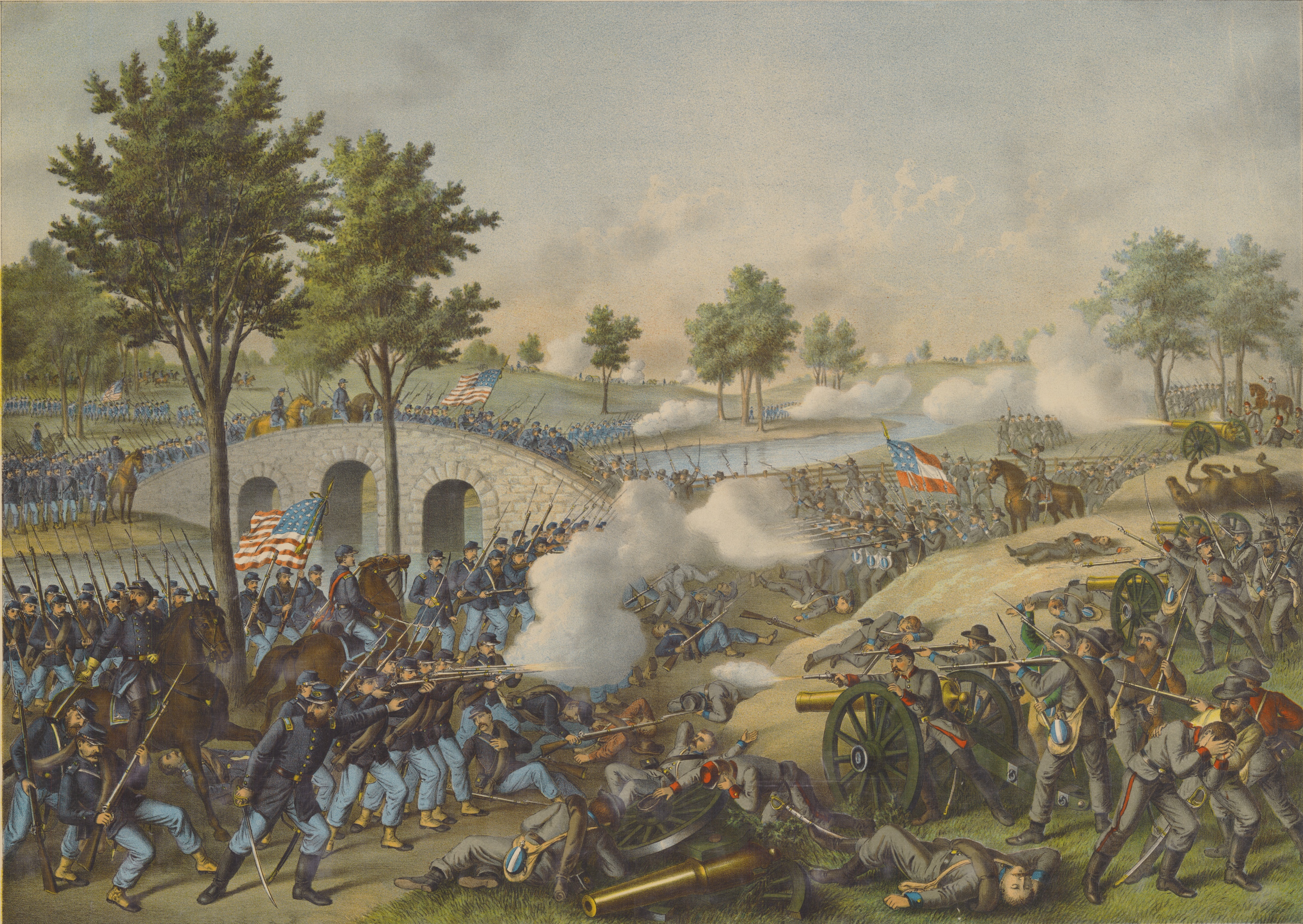
reviews
![]()
Digital History
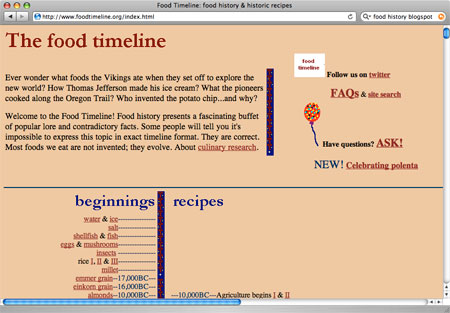
reviews
![]()
Food History on the Web

reviews
![]()
British Virginia
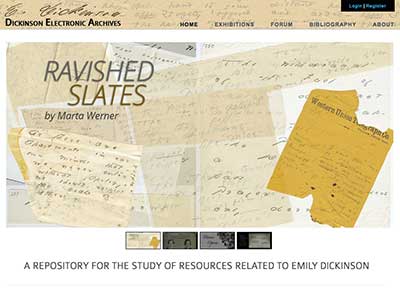
reviews
![]()
“It is finished” can never be said of us: The New Dickinson Electronic Archives

reviews
![]()
The Quilt Index

reviews
![]()
A Century of Lawmaking For a New Nation: U.S. Congressional Documents and Debates 1774-1875

reviews
![]()
Missouri Digital Heritage
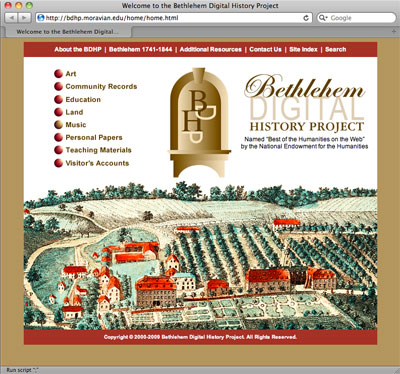
reviews
![]()
The Bethlehem Digital History Project
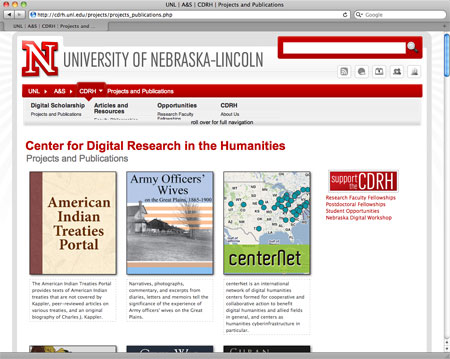
reviews
![]()
University of Nebraska’s Center for Digital Research in the Humanities Projects and Publications
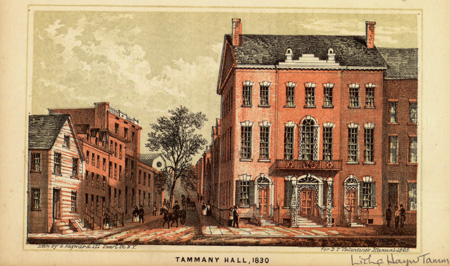
reviews
![]()
Examination Days: The New York African Free School Collection

reviews
![]()
The Mark Twain Project Online and Mark Twain in His Times
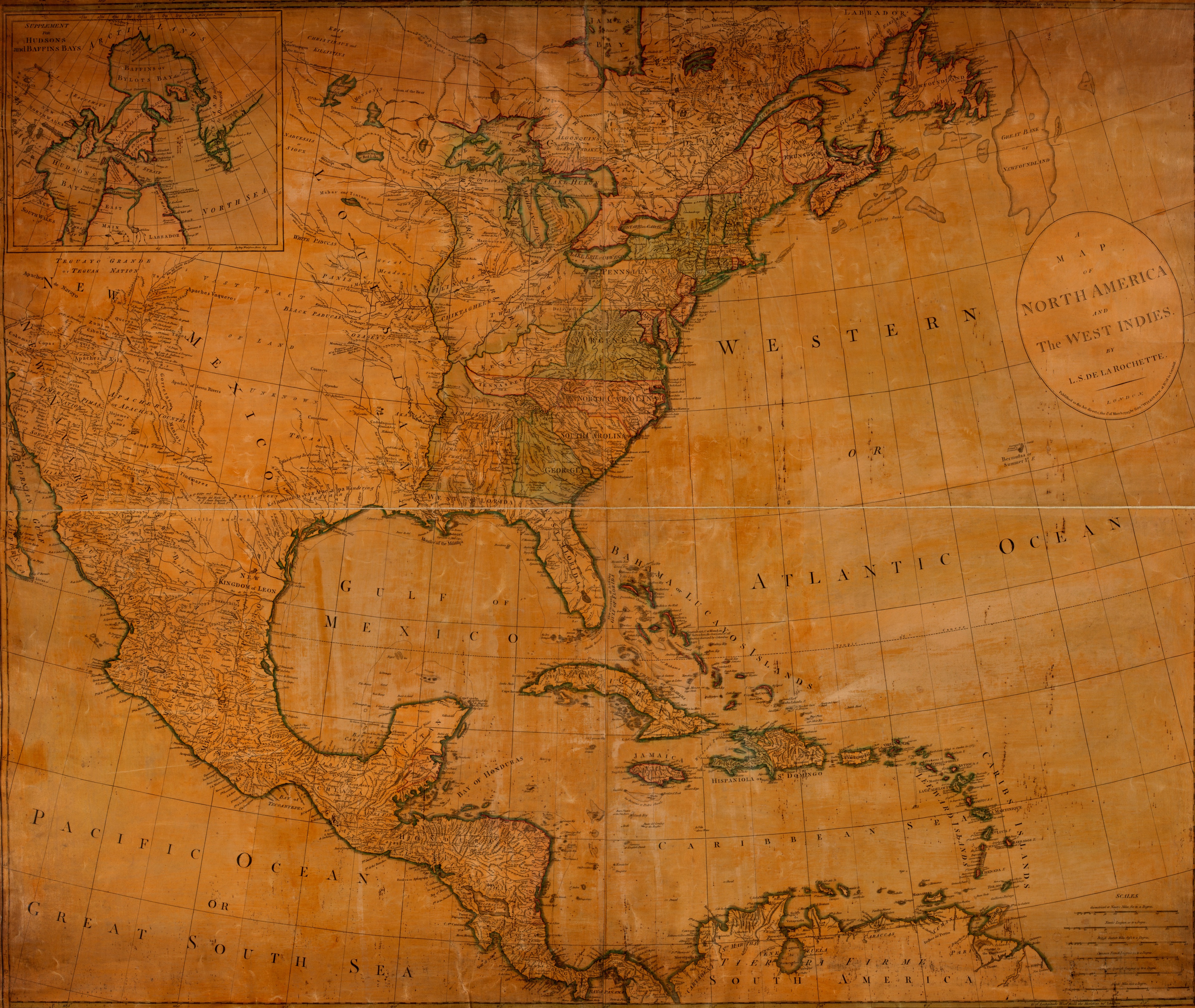
reviews
![]()
The Huntington Library’s “Early California Population Project”
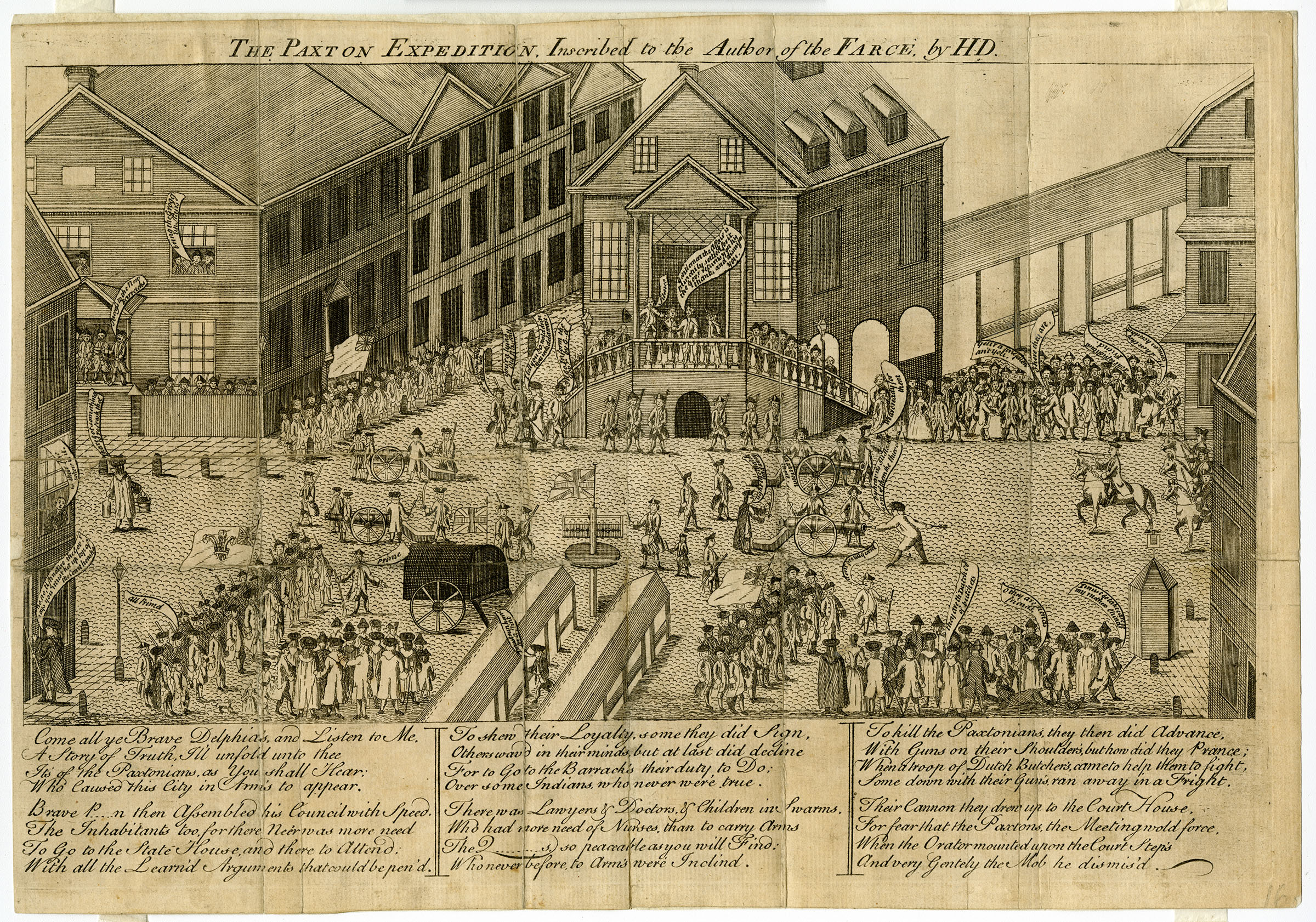
reviews
![]()
The Digital Paxton
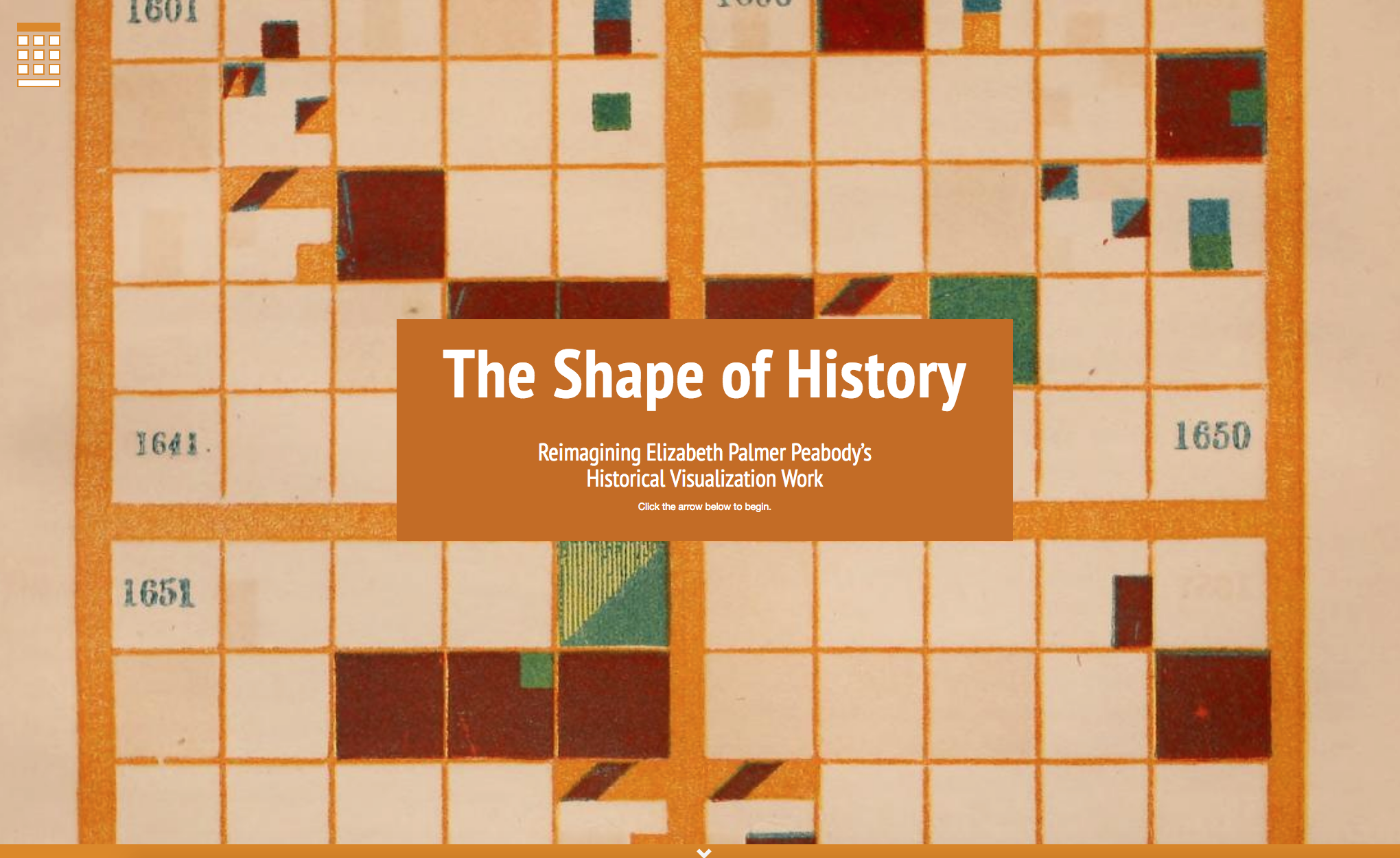
reviews
![]()
The Feminist Forebears of Affective Design

reviews
![]()
Early Native American Digital Collections
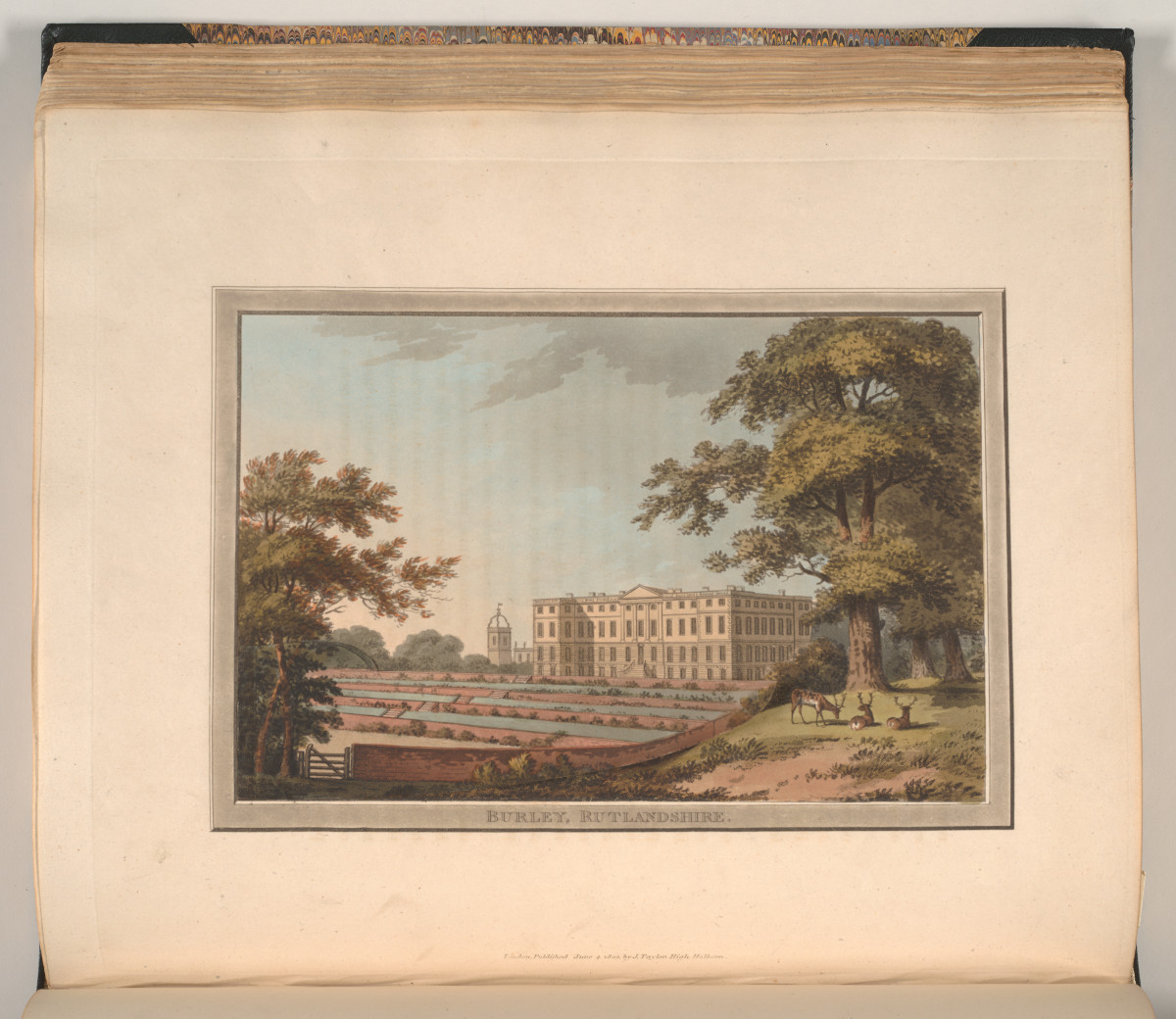
learn
![]()
Measuring Literature: Digital Humanities, Behavioral Economics, and the Problem of Data in Thomas Piketty’s Capital in the Twenty-first Century
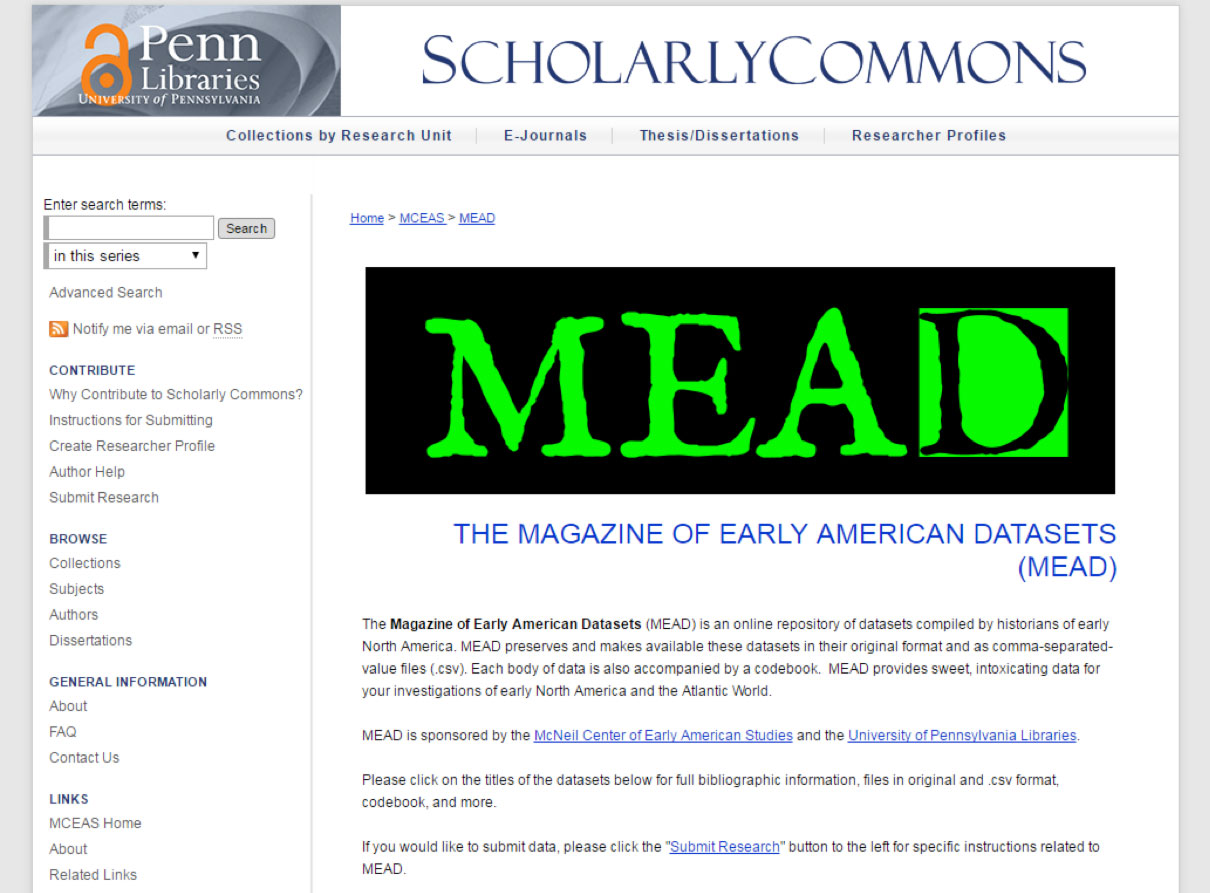
reviews
![]()
Constructing the Magazine of Early American Datasets (MEAD): An Invitation to Share and Use Data about Early America
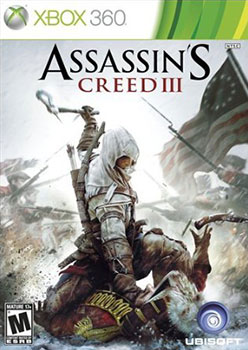
reviews
![]()
Gaming the Revolution: A Review of Assassin’s Creed 3
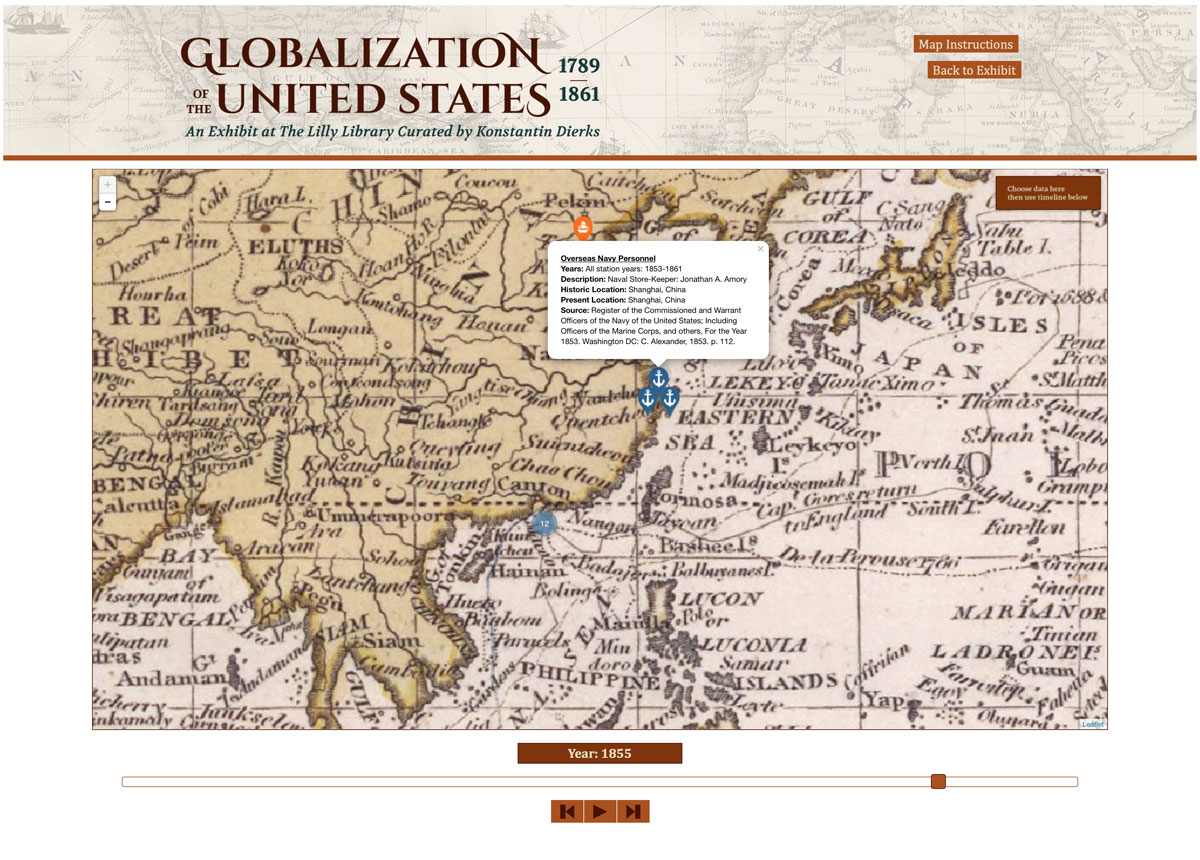
reviews
![]()
Mapping History: Reflections on the Globalization of the United States, 1789-1861 Digital Project
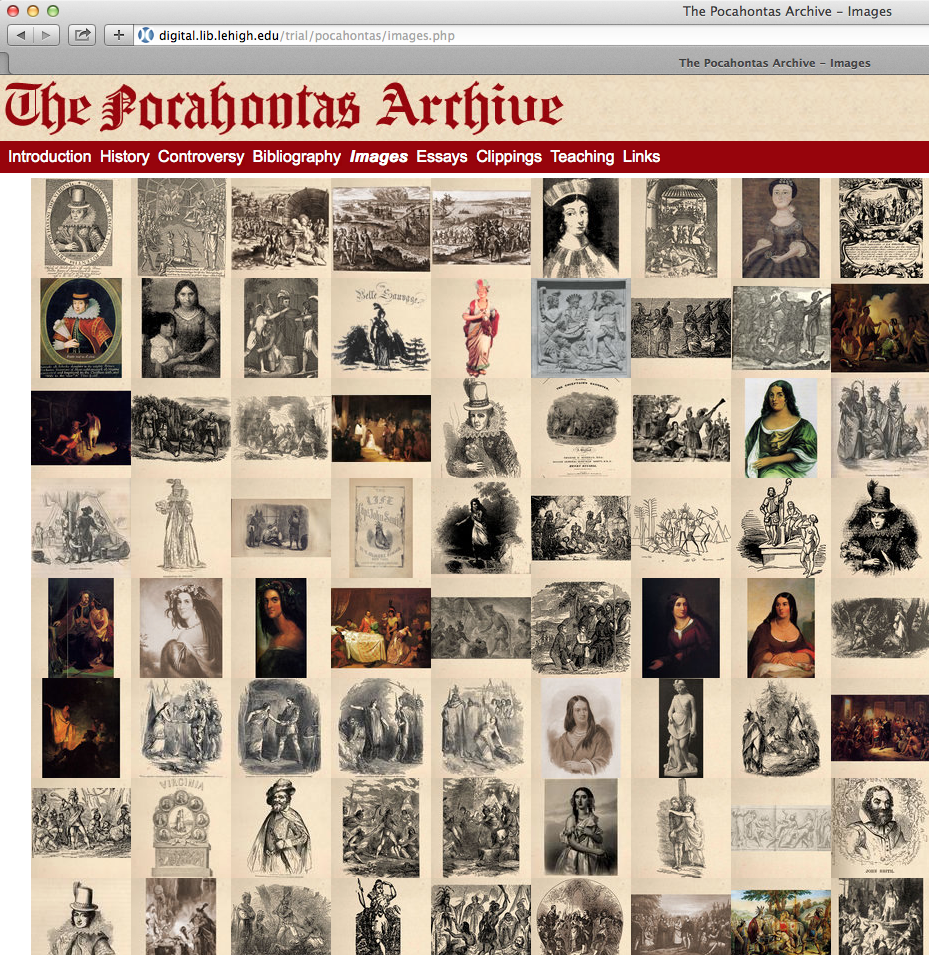
reviews
![]()
The Pocahontas Archive
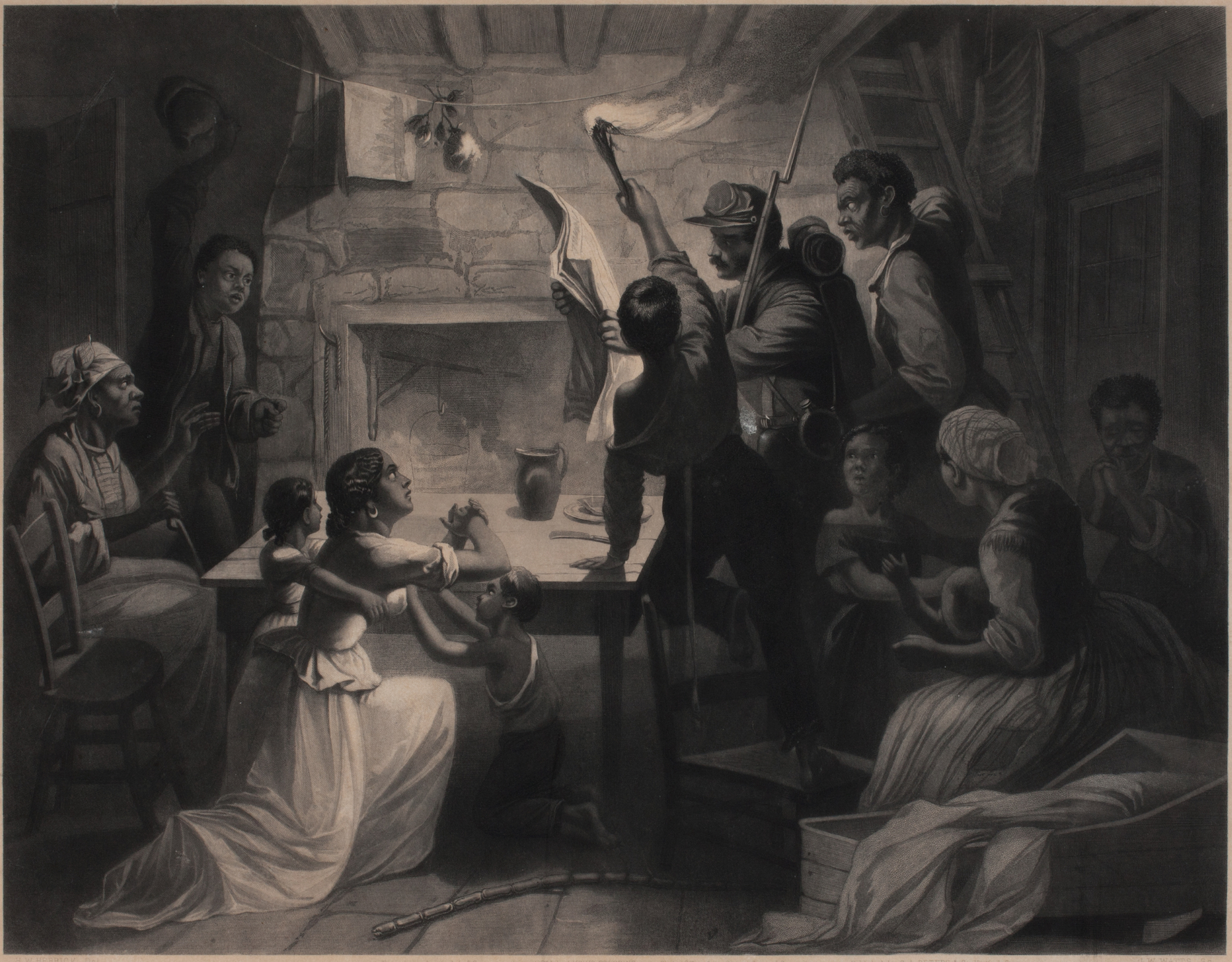
learn
![]()
Liberating History: Reflections on Rights, Rituals and the Colored Conventions Project
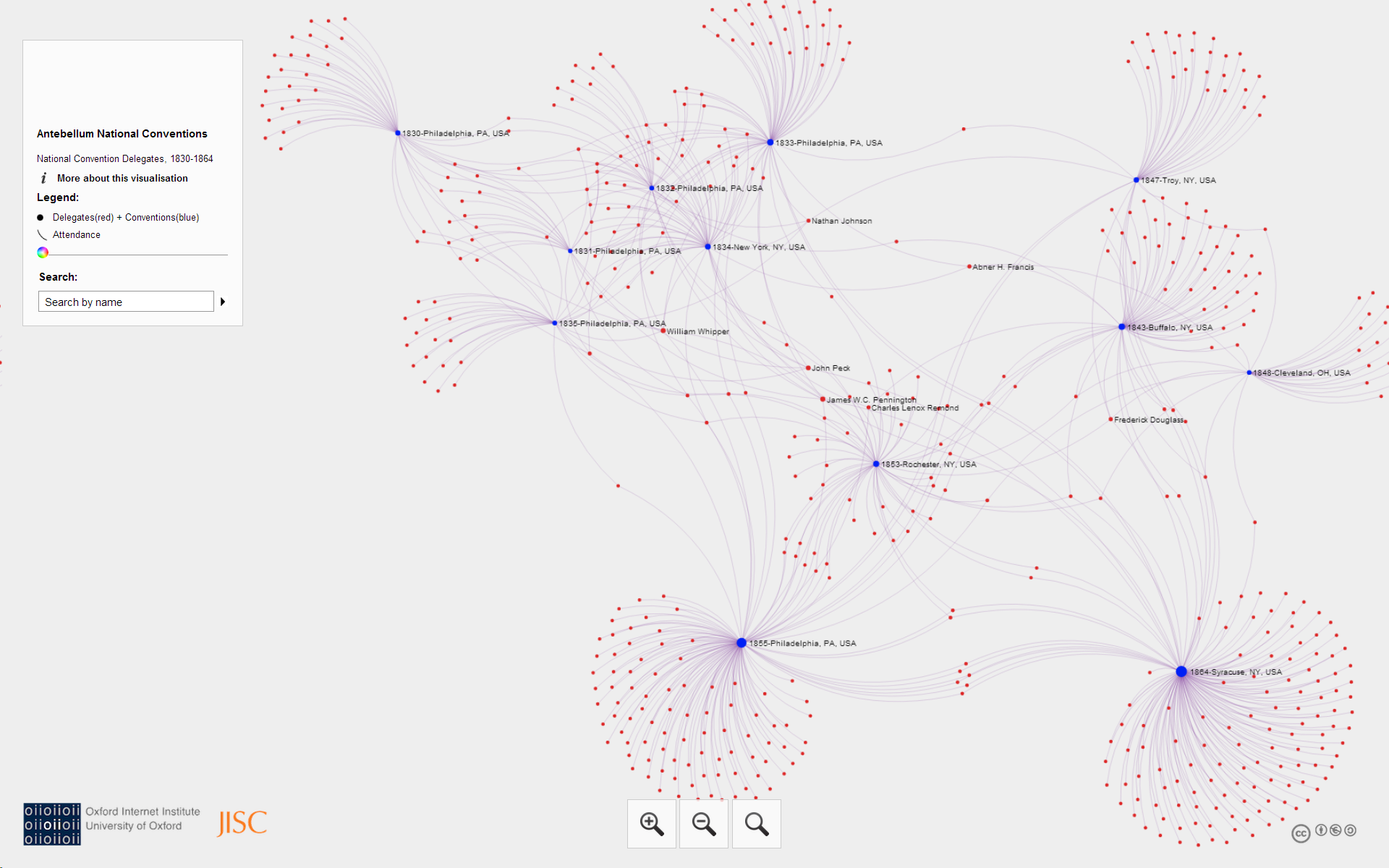
learn
![]()
Convention Minutes and Unconventional Proceedings
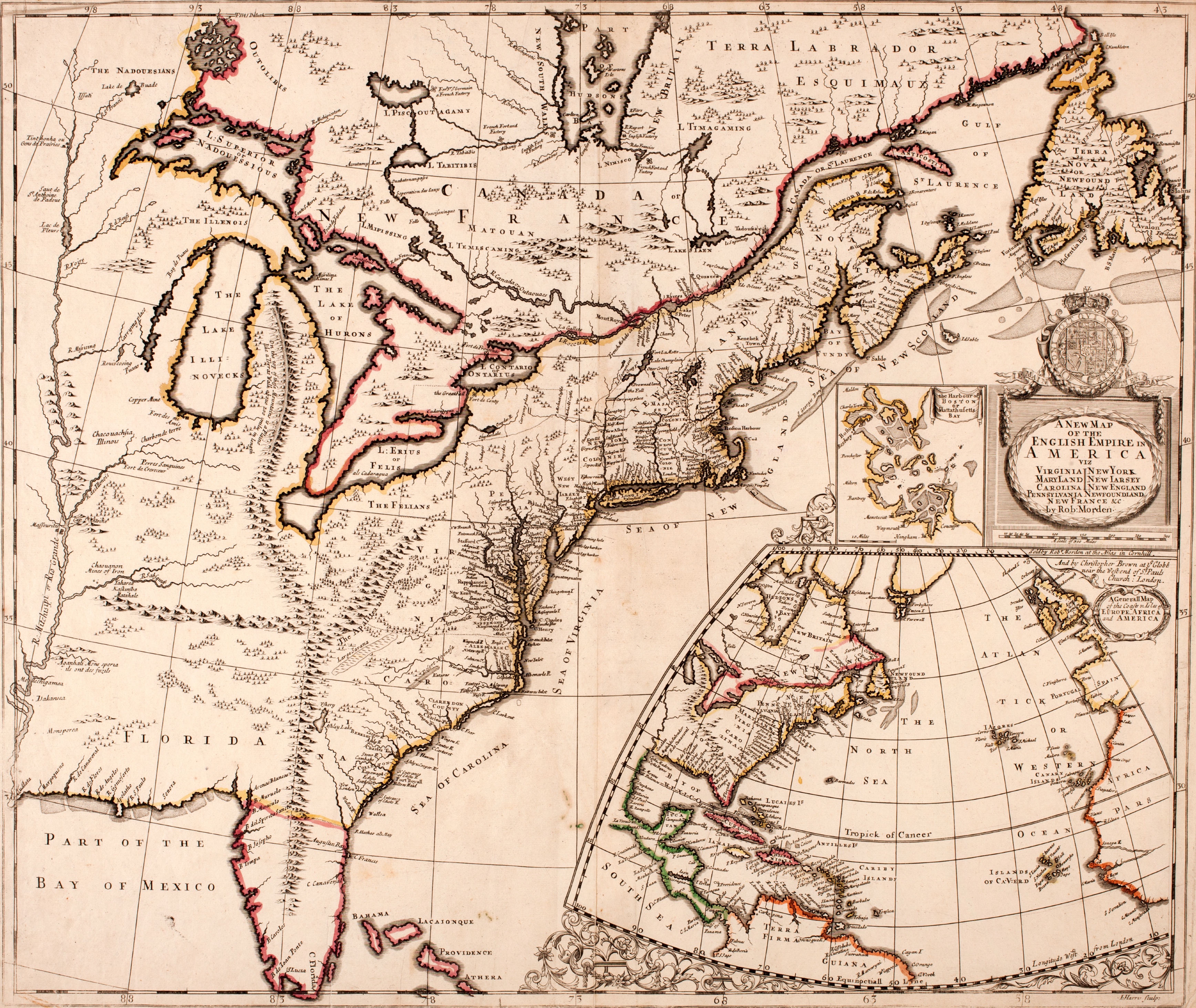
reviews
![]()
![]()
What is Evans-TCP?

Digital Encyclopedias and Opportunities
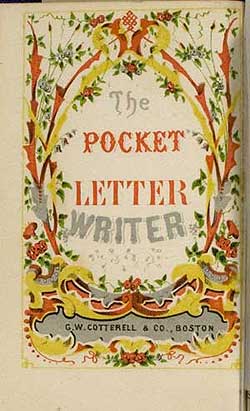
learn
![]()
Reading Our E-mail
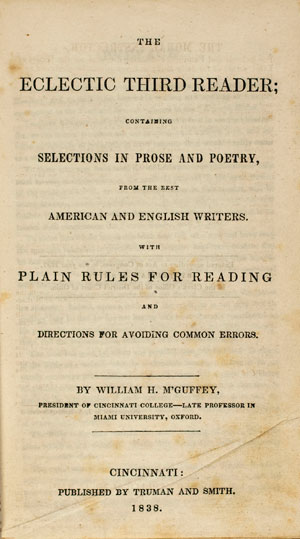
teach
![]()
Closing the Books
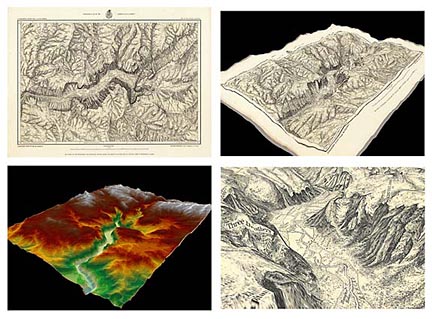
objects
![]()
Historical Maps Online

teach
![]()
Civil War Site: A blogger’s increasingly successful effort to open new fronts in the historical profession
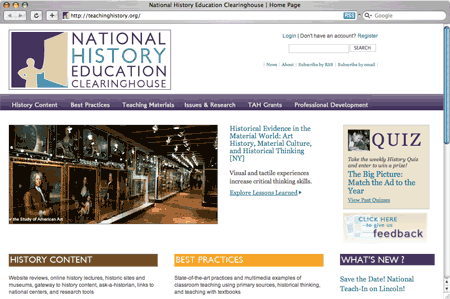
reviews
![]()
The National History Education Clearinghouse
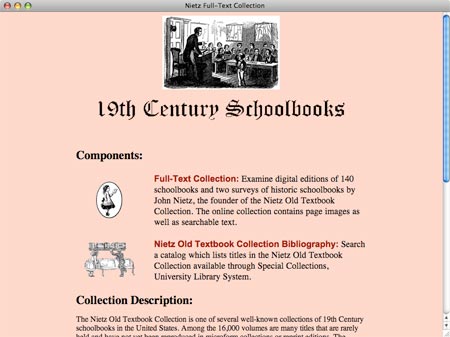
reviews
![]()
Instructions for the Young: Nineteenth-Century Schoolbooks
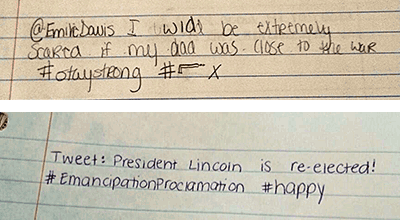
learn
![]()
The Emilie Davis Diaries Project
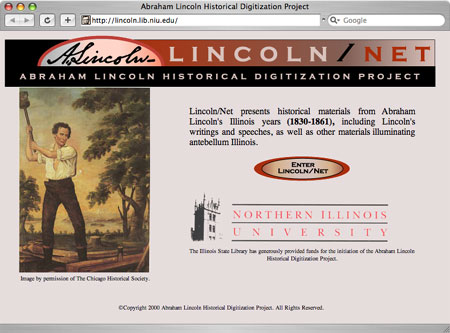
reviews
![]()
Lincoln/Net: Abraham Lincoln Historical Digitization Project
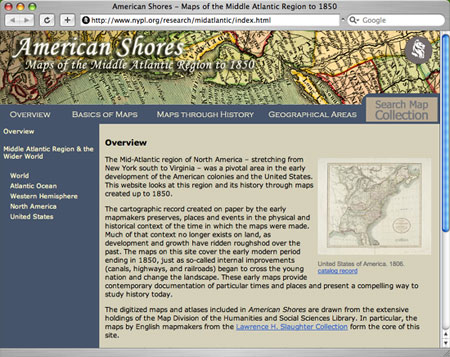
reviews
![]()
American Shores: Maps of the Middle Atlantic Region to 1850
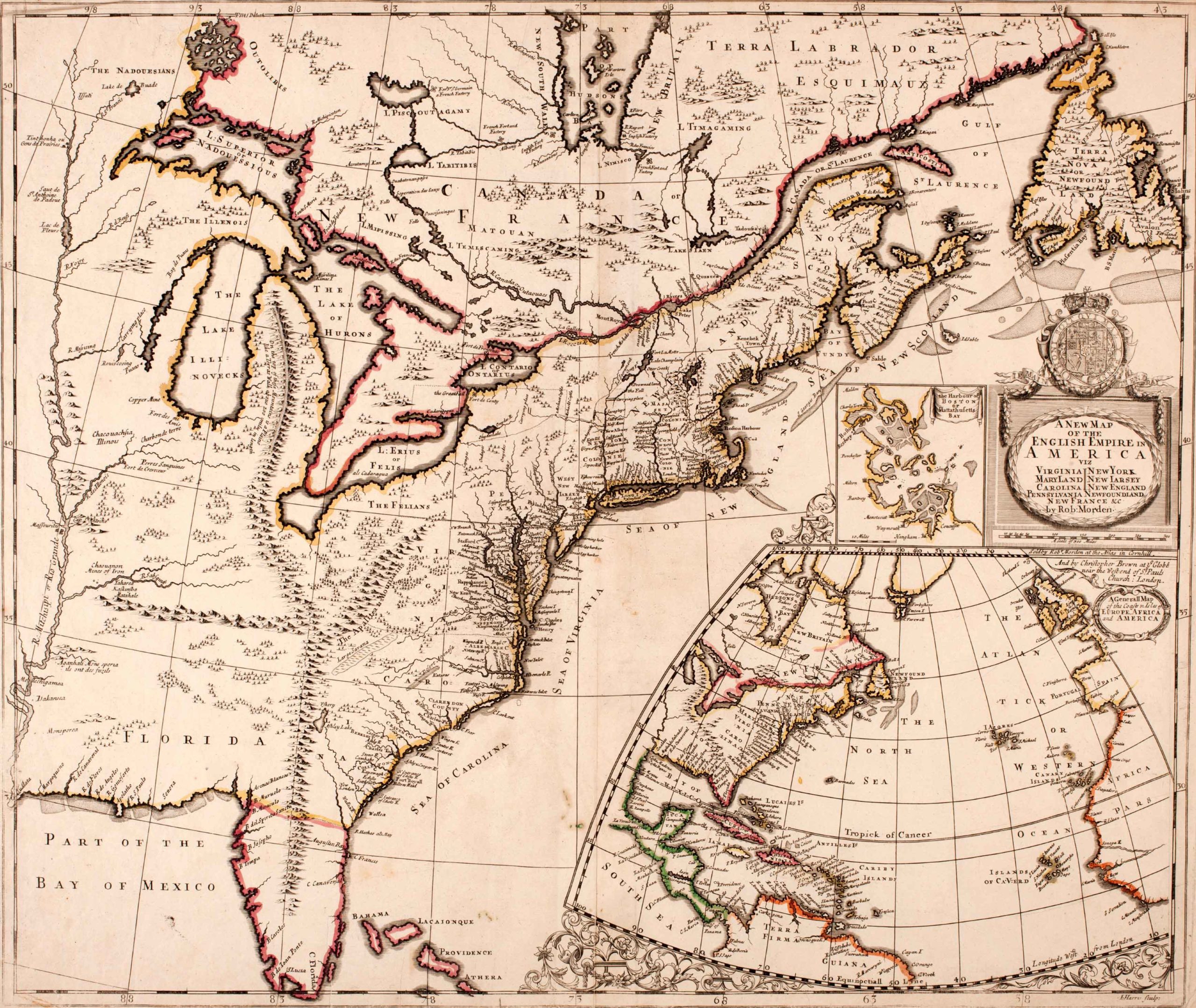
learn
![]()
Editor’s Note: 13 for 13

learn
![]()
Twenty-First Century Perspectives on the Eighteenth Century
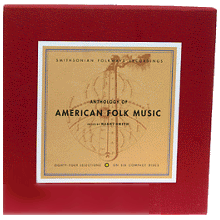
learn
![]()
Reviving the Folk Revival

reviews
![]()
Expanded Column: The Digital Evans
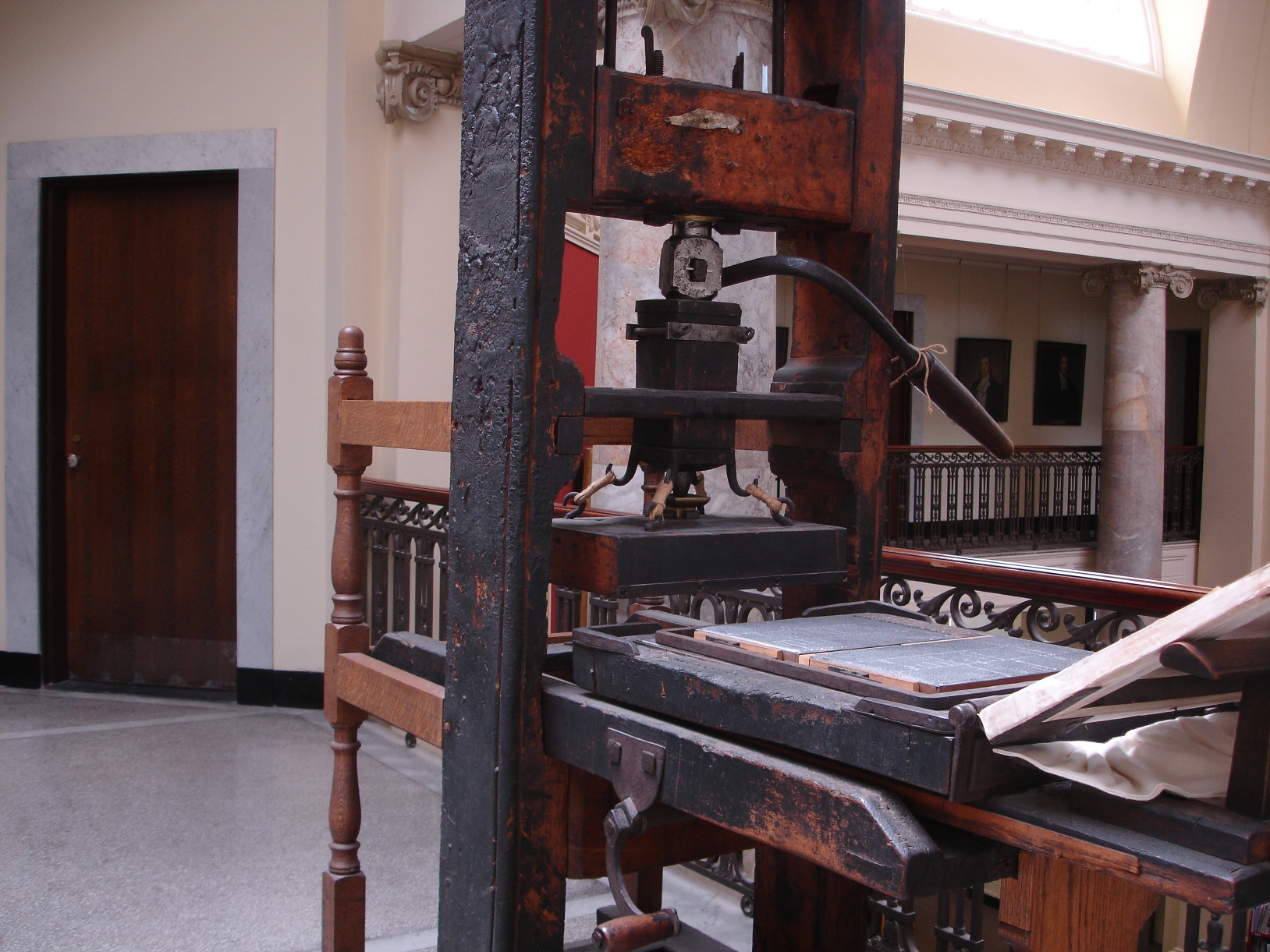
learn
![]()
Welcome to the New Common-place
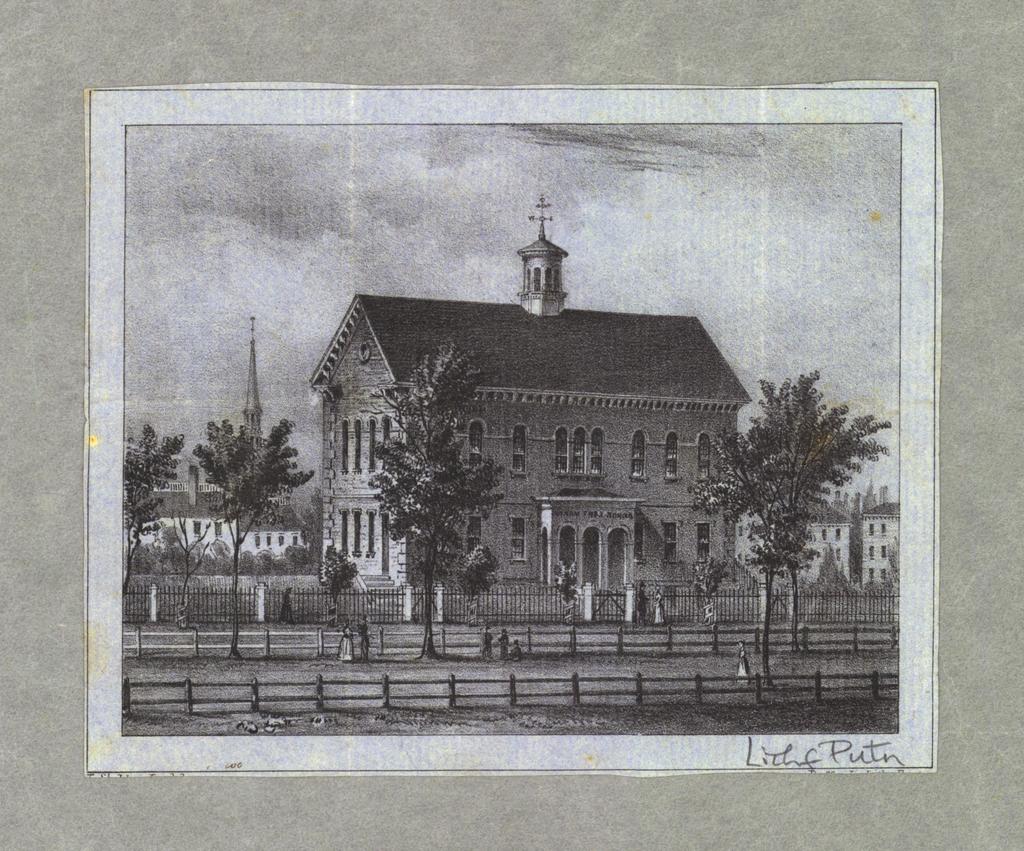
teach
![]()
Blogging, with Pickles: Adventures (and misadventures) in the quest to capture the flavor of everyday school life
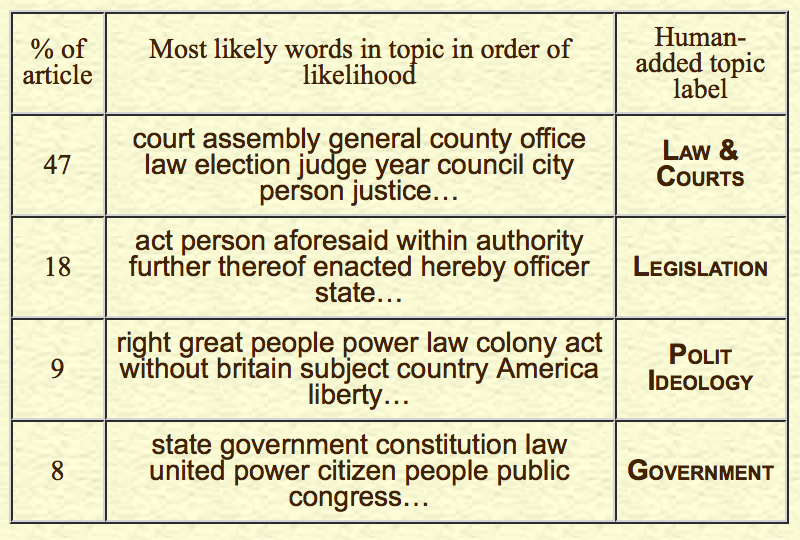
learn
![]()
Doing More with Digitization
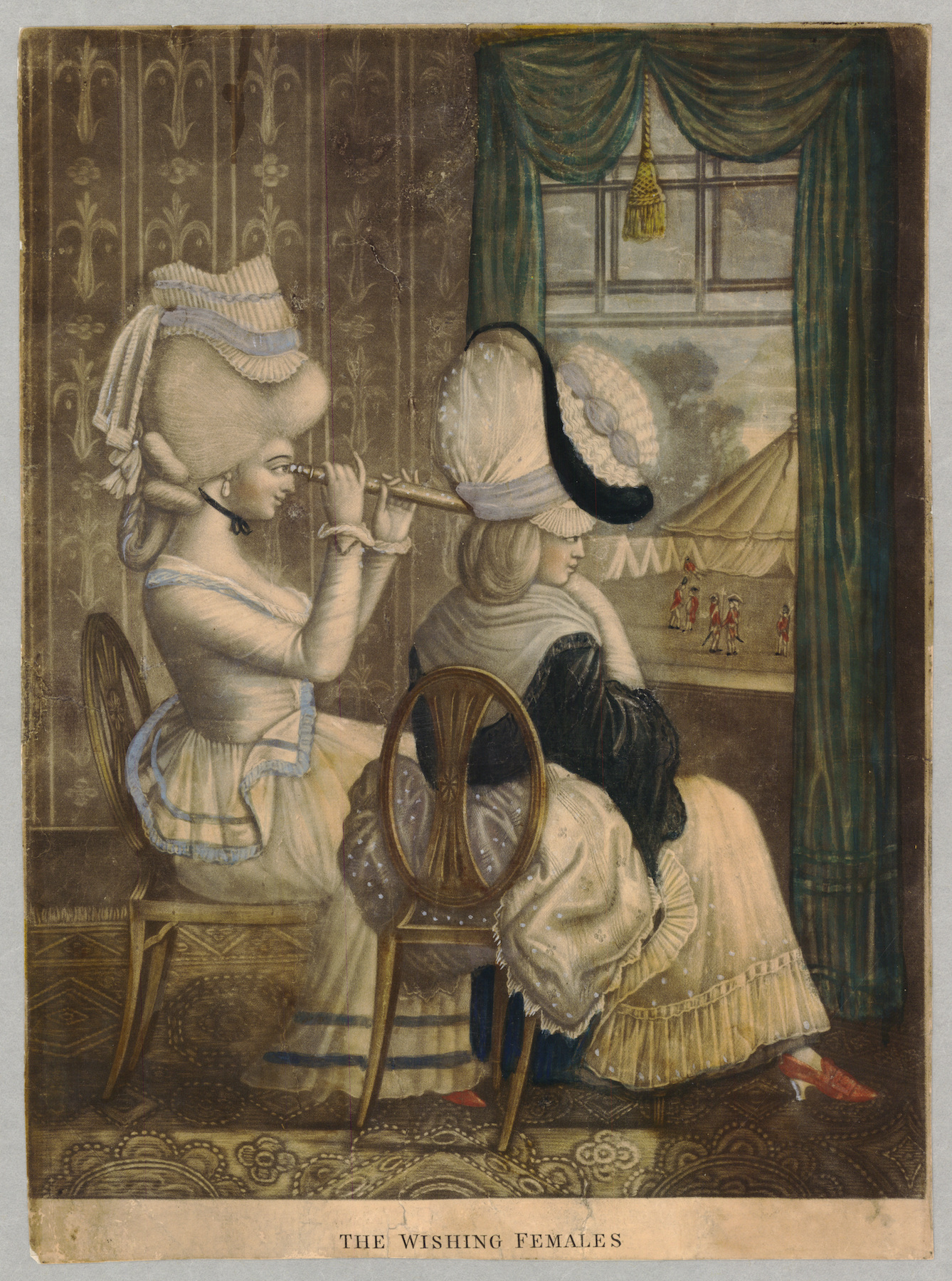
objects
![]()
Conference Video Highlights

reviews
![]()
France in America – La France en Amérique
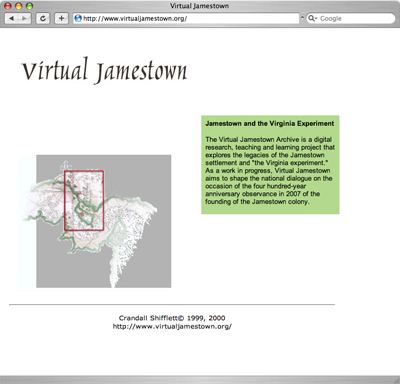
reviews
![]()
Virtual Jamestown
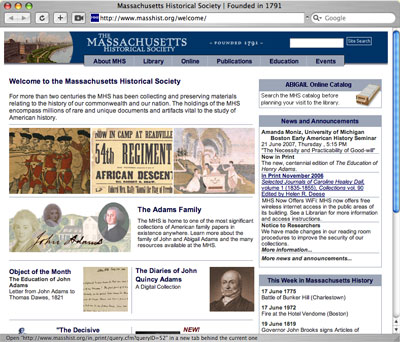
reviews
![]()
The Massachusetts Historical Society
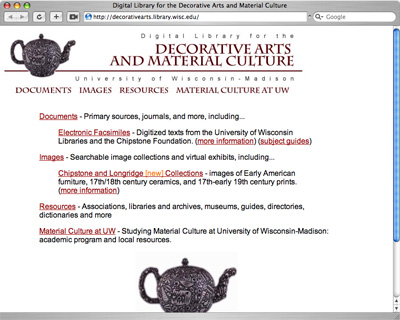
reviews
![]()
Digital Library for the Decorative Arts and Material Culture

reviews
![]()
The Iroquois on the Web
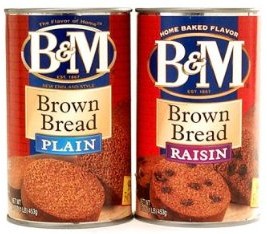
learn
![]()
Publick Occurrences 2.0 January- April 2009
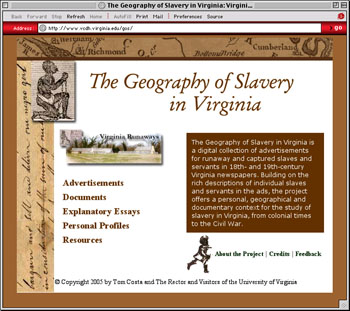
reviews
![]()
Featured Links: The Geography of Slavery and more
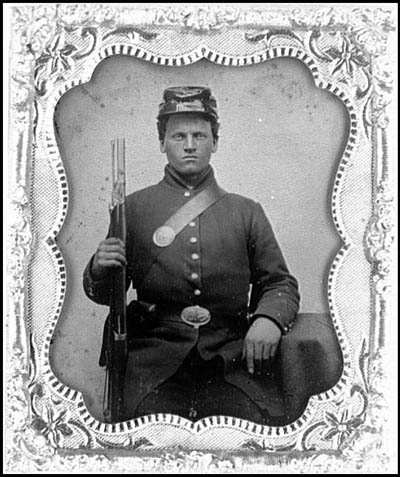
learn
![]()
A Journey over the Mountains
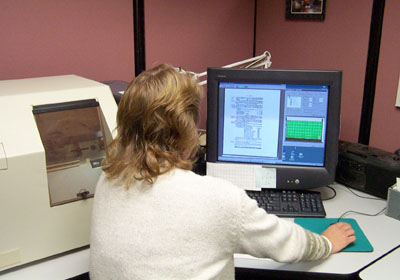
learn
![]()
American Originals
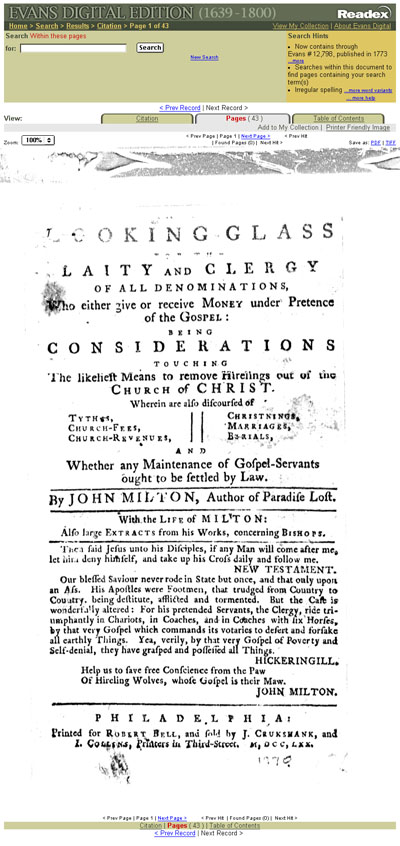
reviews
![]()
An MRI of Early America
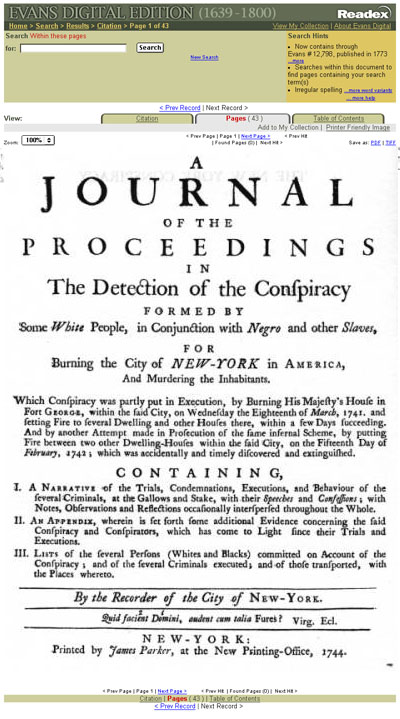
reviews
![]()
From Movable Type to Searchable Text

reviews
![]()
Early American History

learn
![]()
A Note on the Common-place Redesign
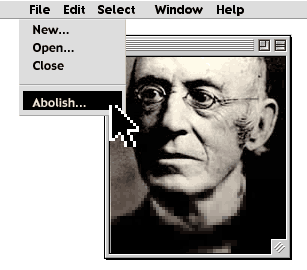
learn
![]()
E-Abolitionists
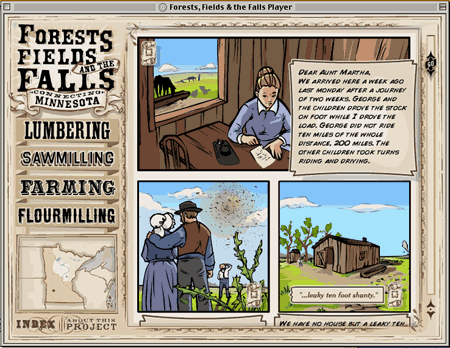
teach
![]()
Telling Stories Out of School: Primary sources and the Internet

learn
![]()
Commonplace Style Sheet
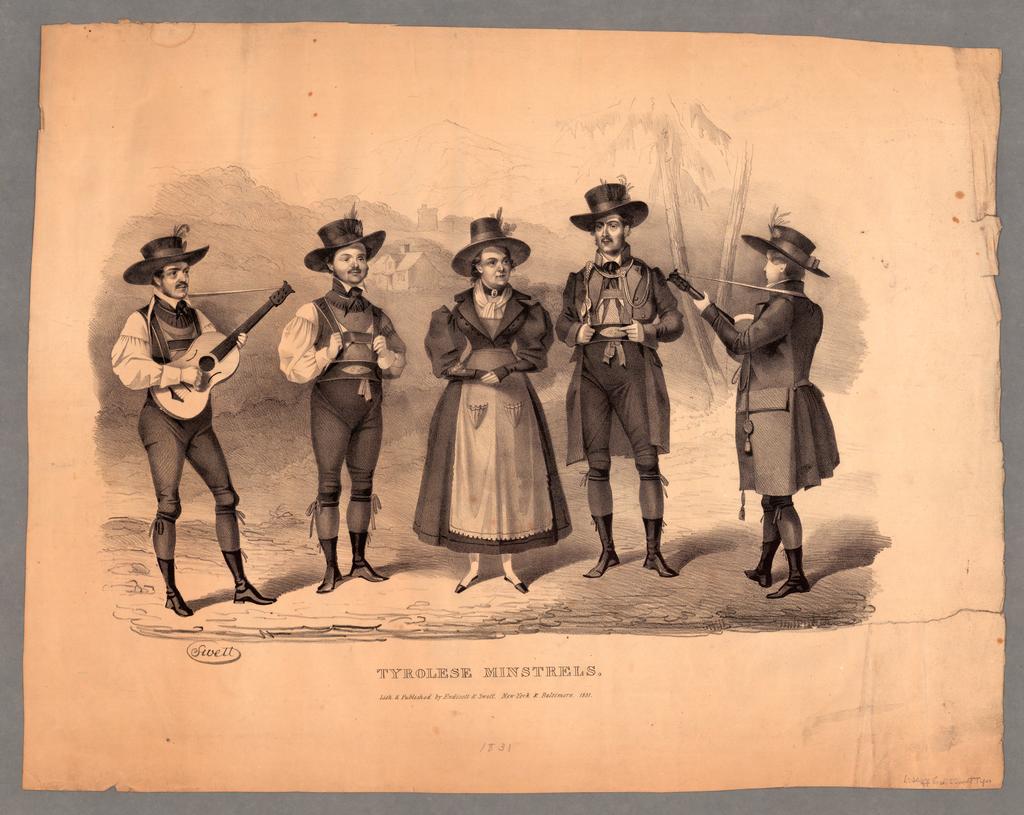
learn
![]()
Music and Meaning In Early America: Resources for Further Reading and Listening

learn
![]()
Talk of the Future
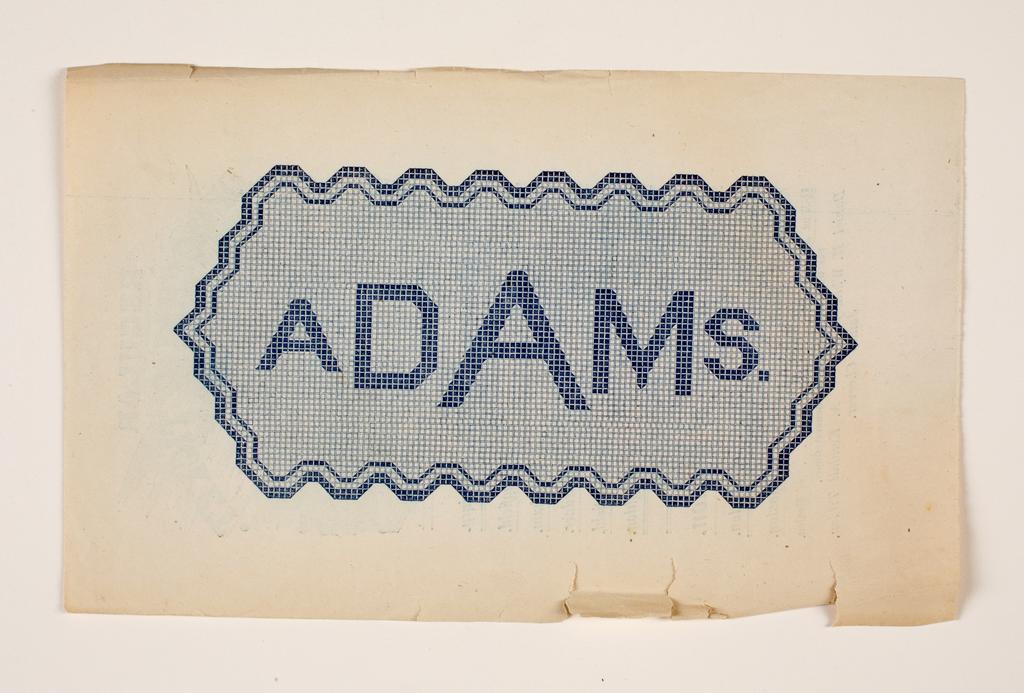
learn
![]()
Lampi’s Election Notes
learn
![]()
A Hard Act is Good to Follow
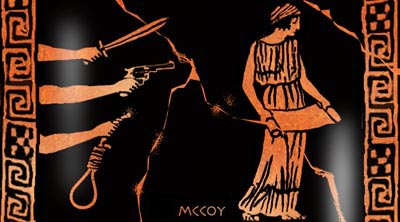
learn
![]()
The Ends of History
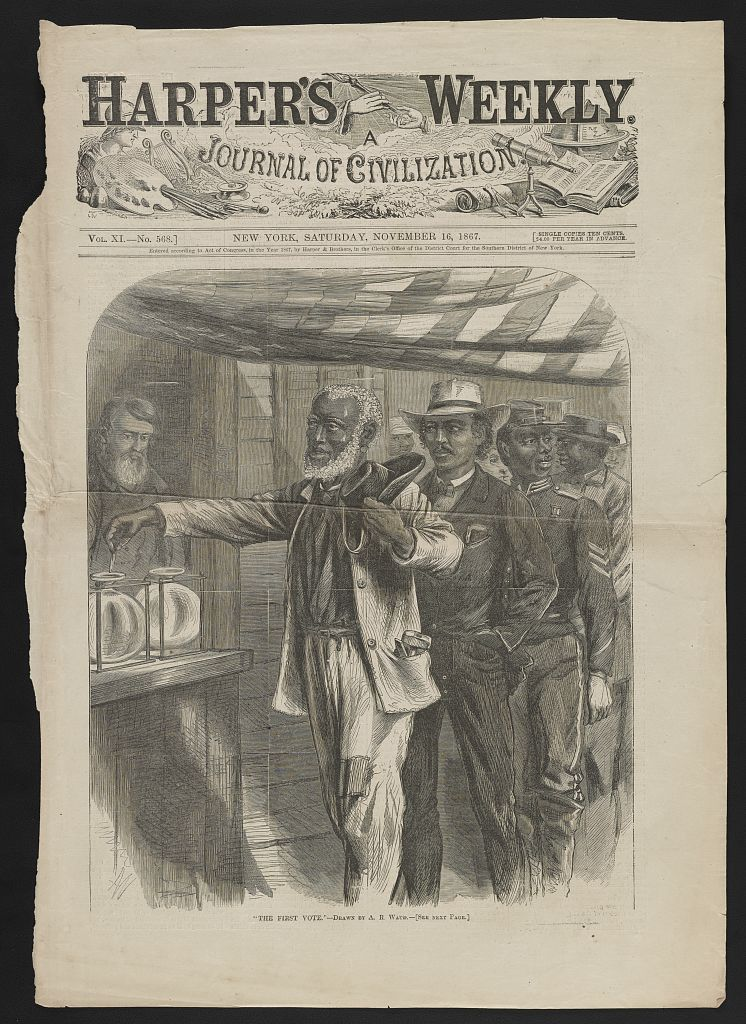
learn
![]()
The Politics Issue Cometh
